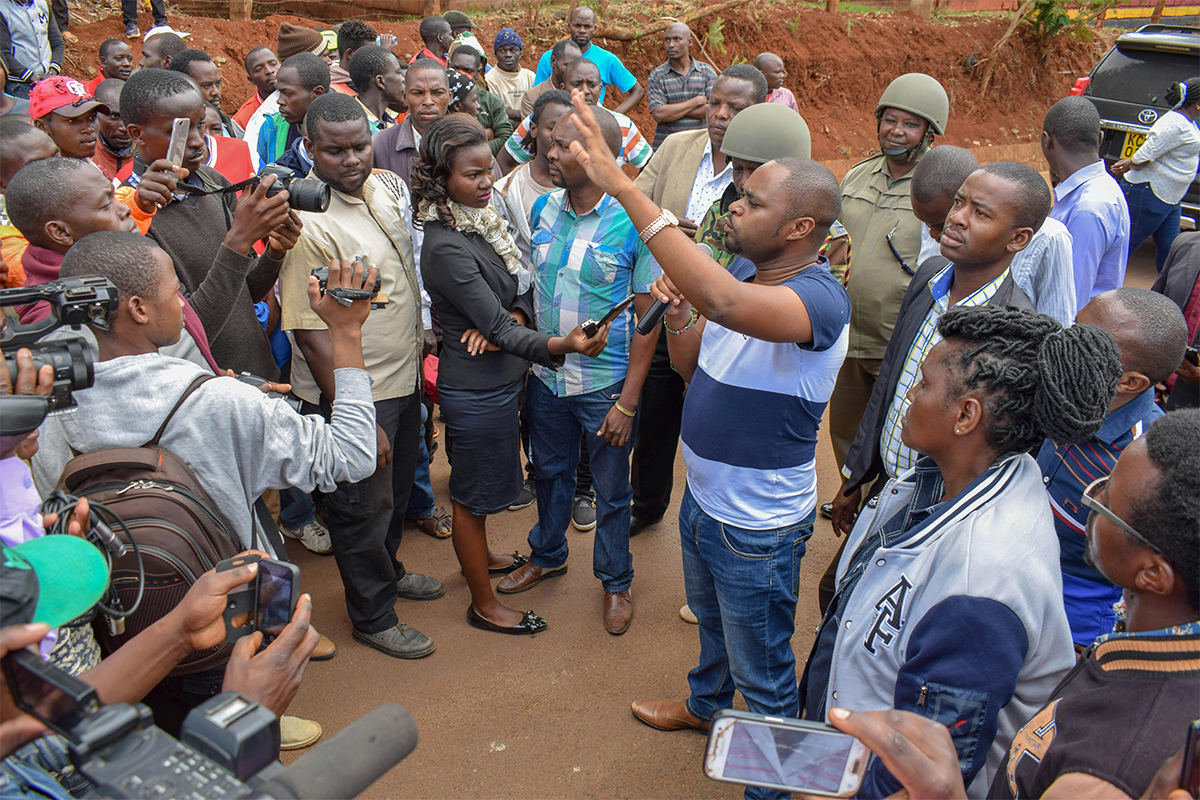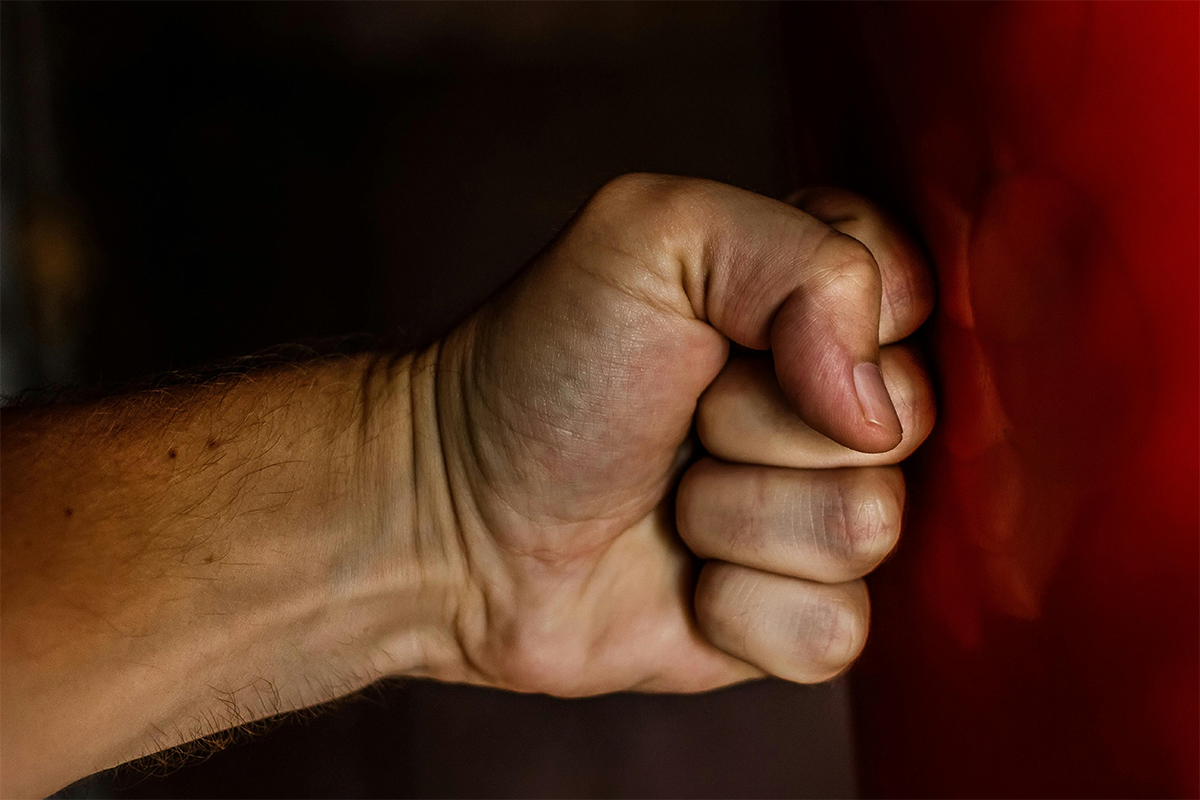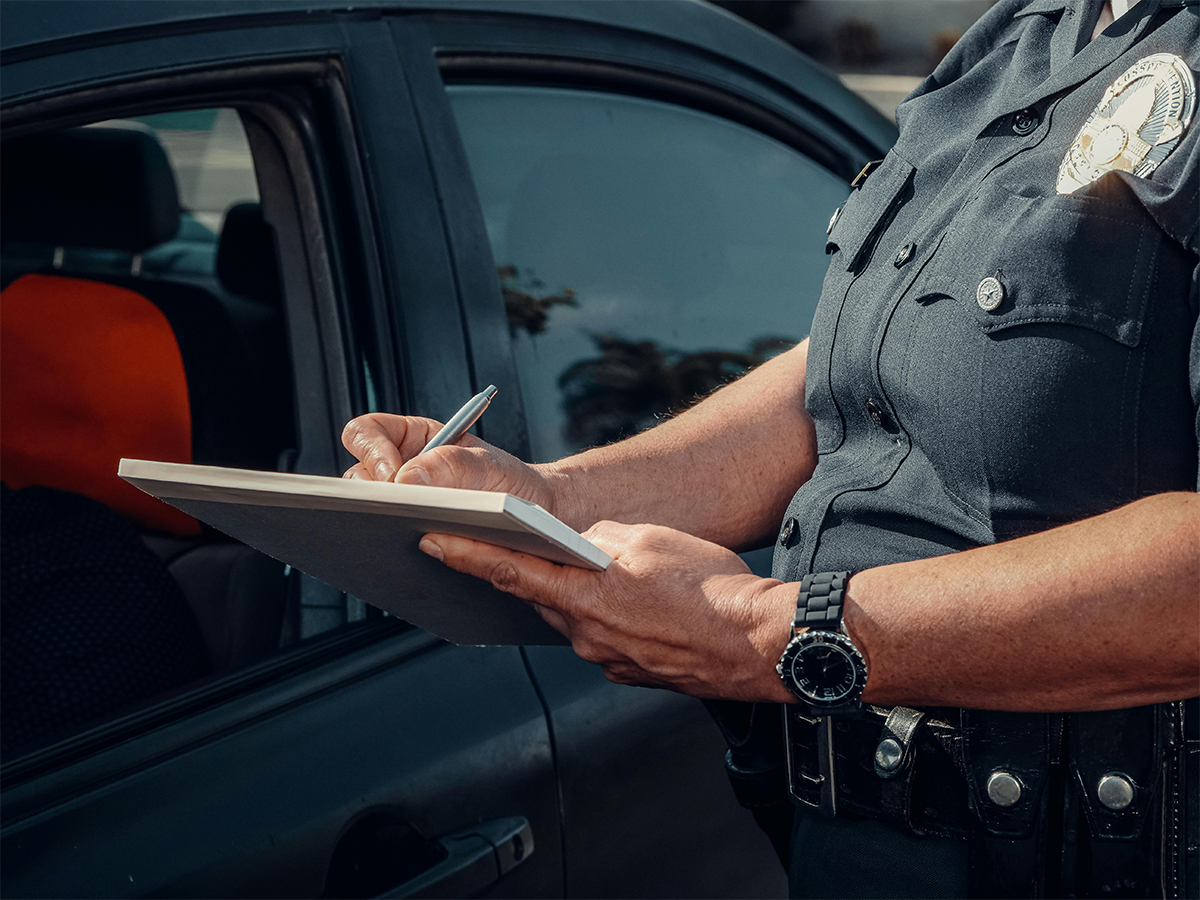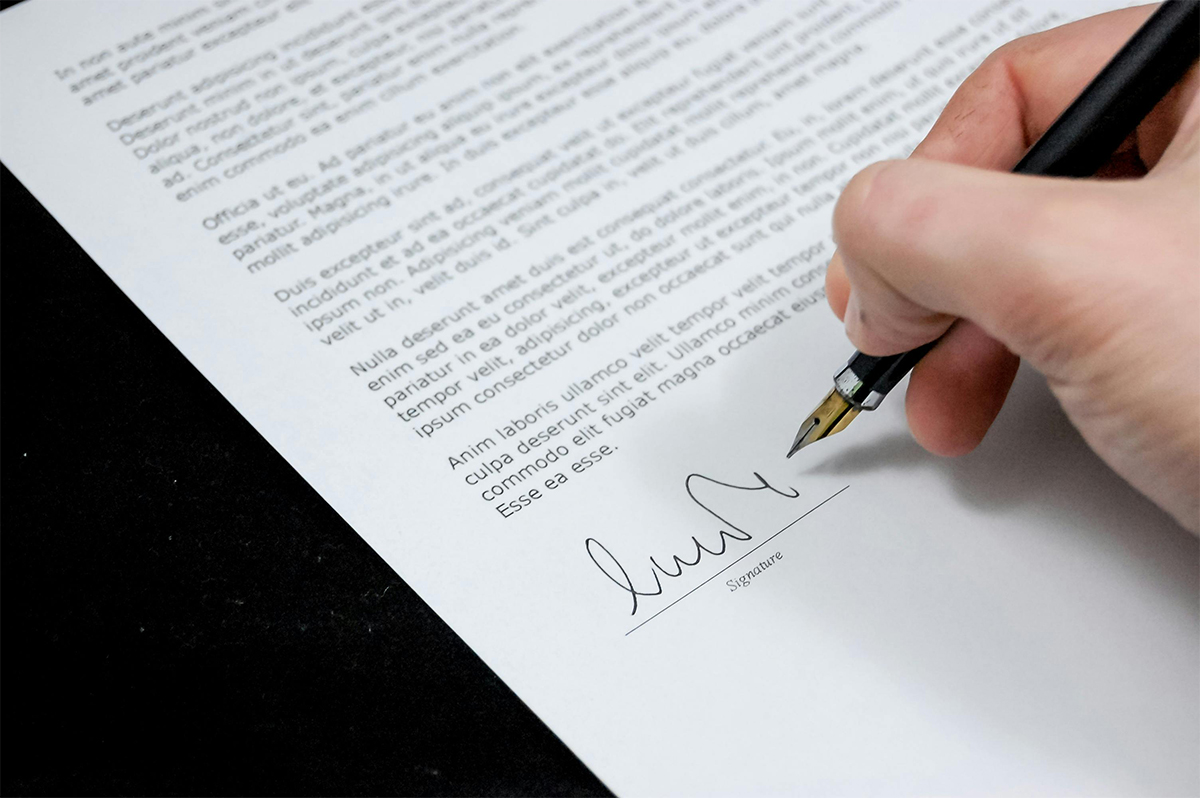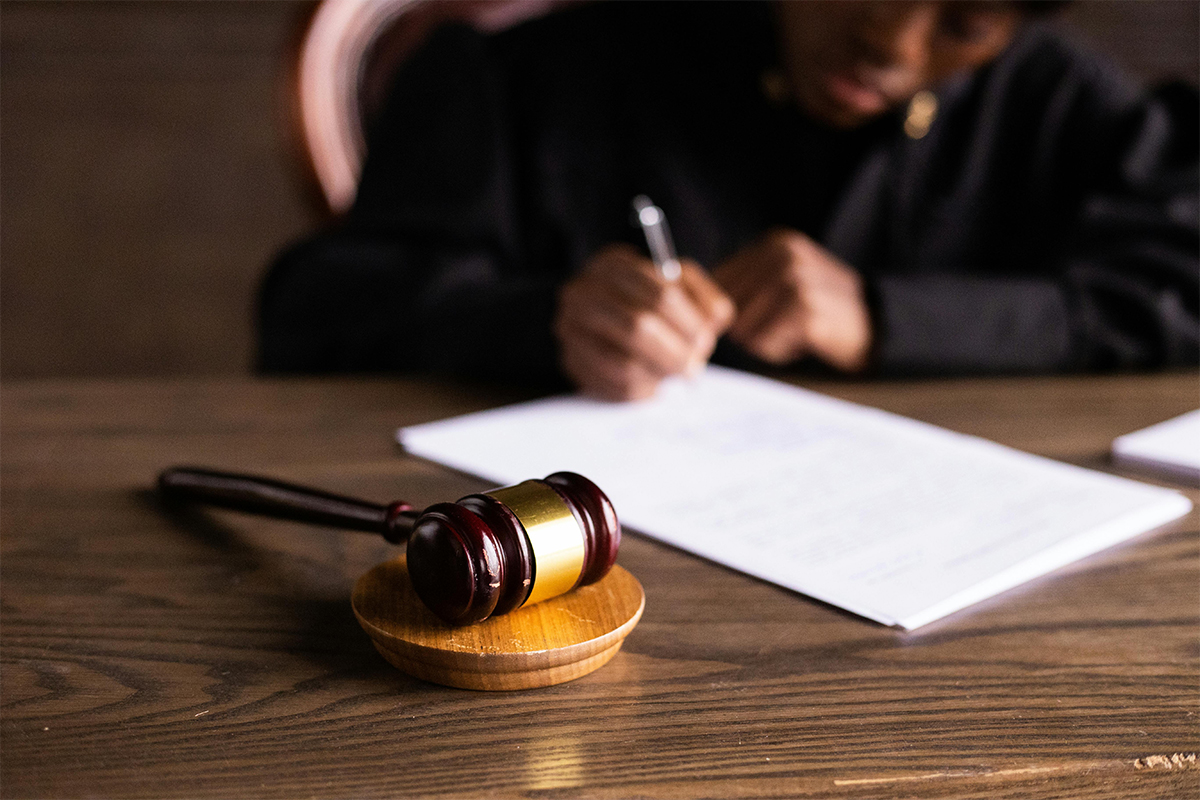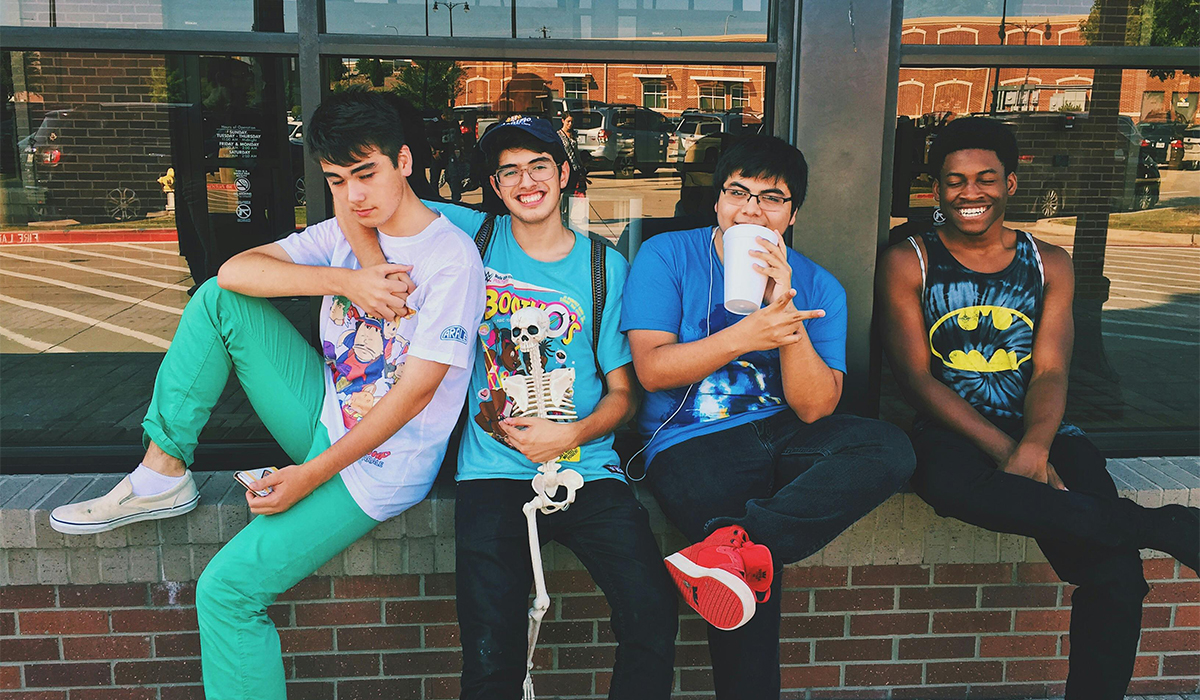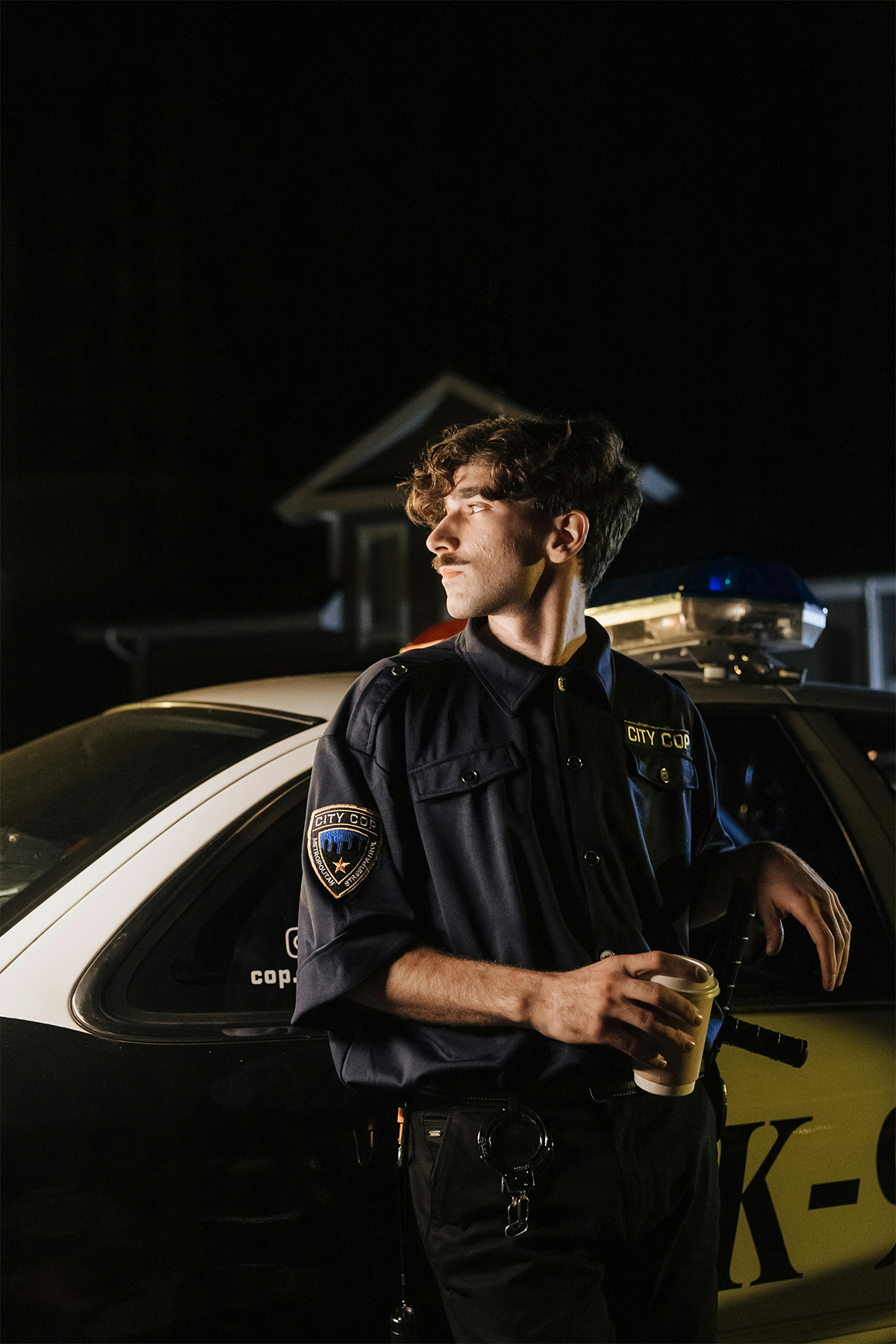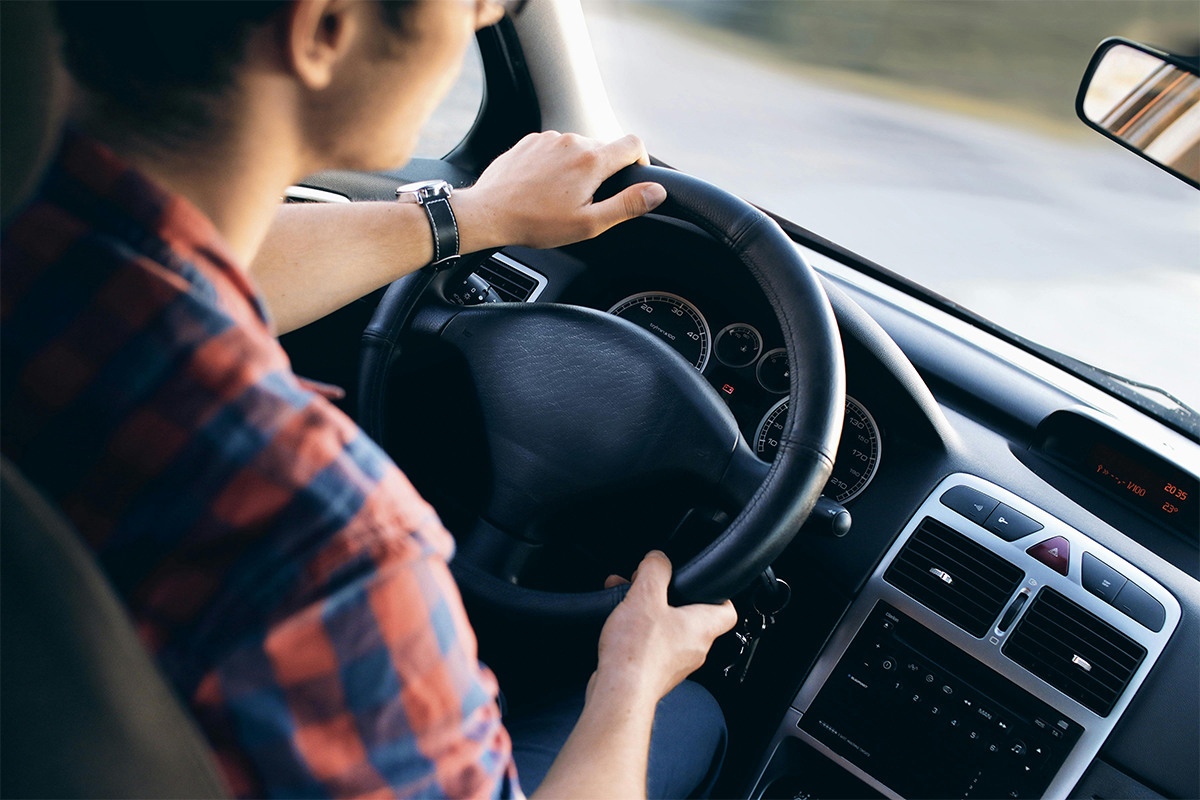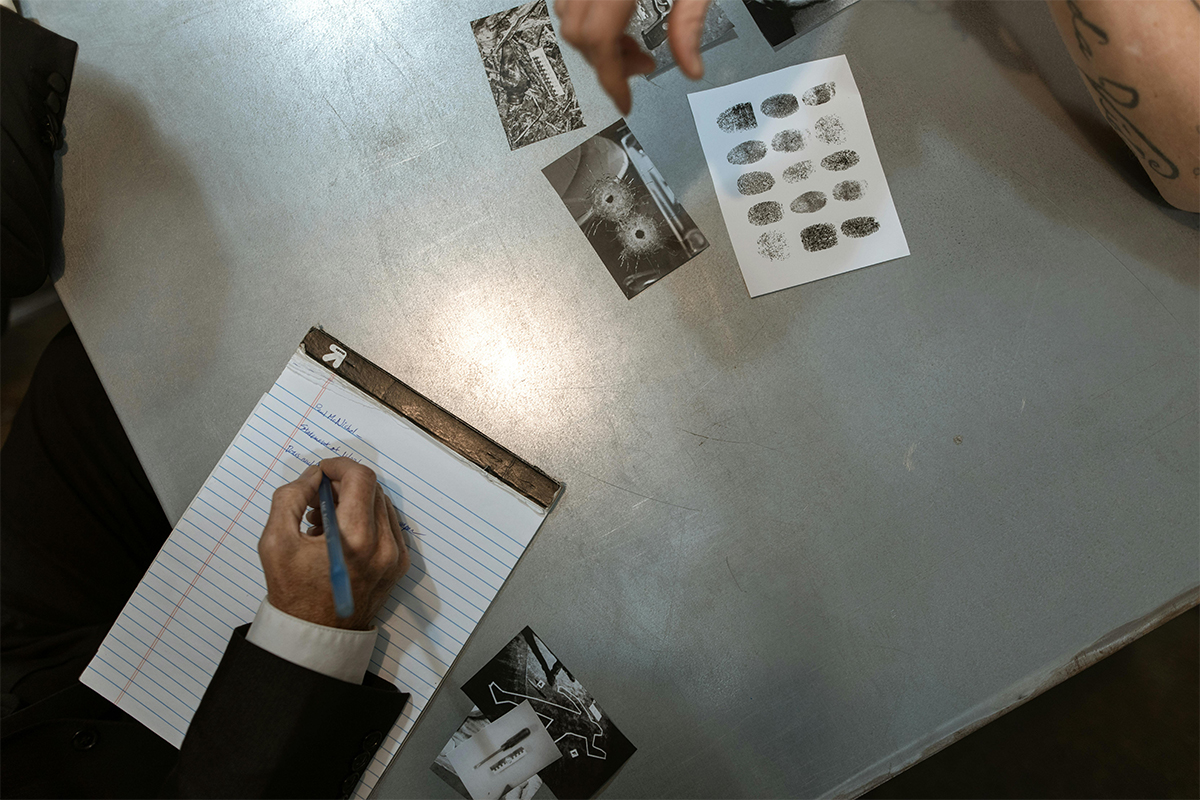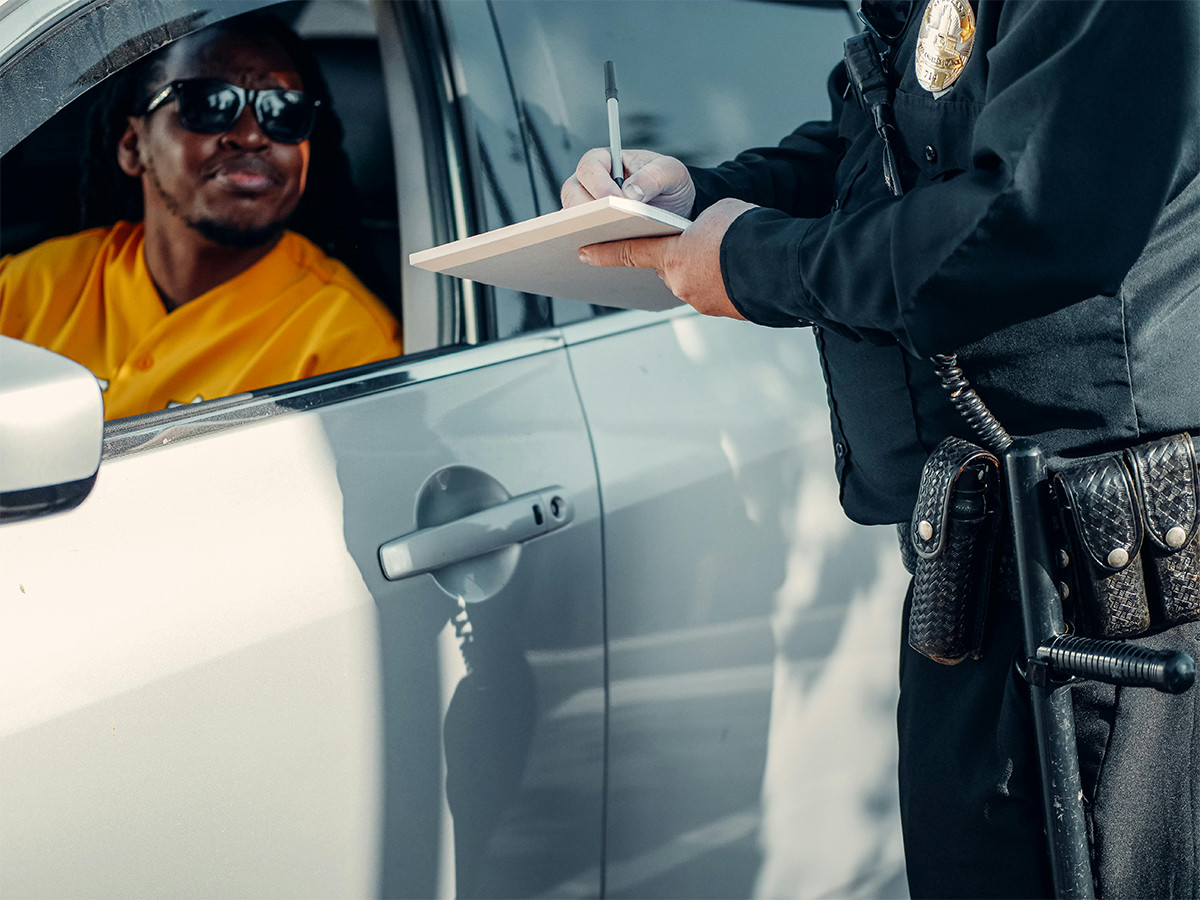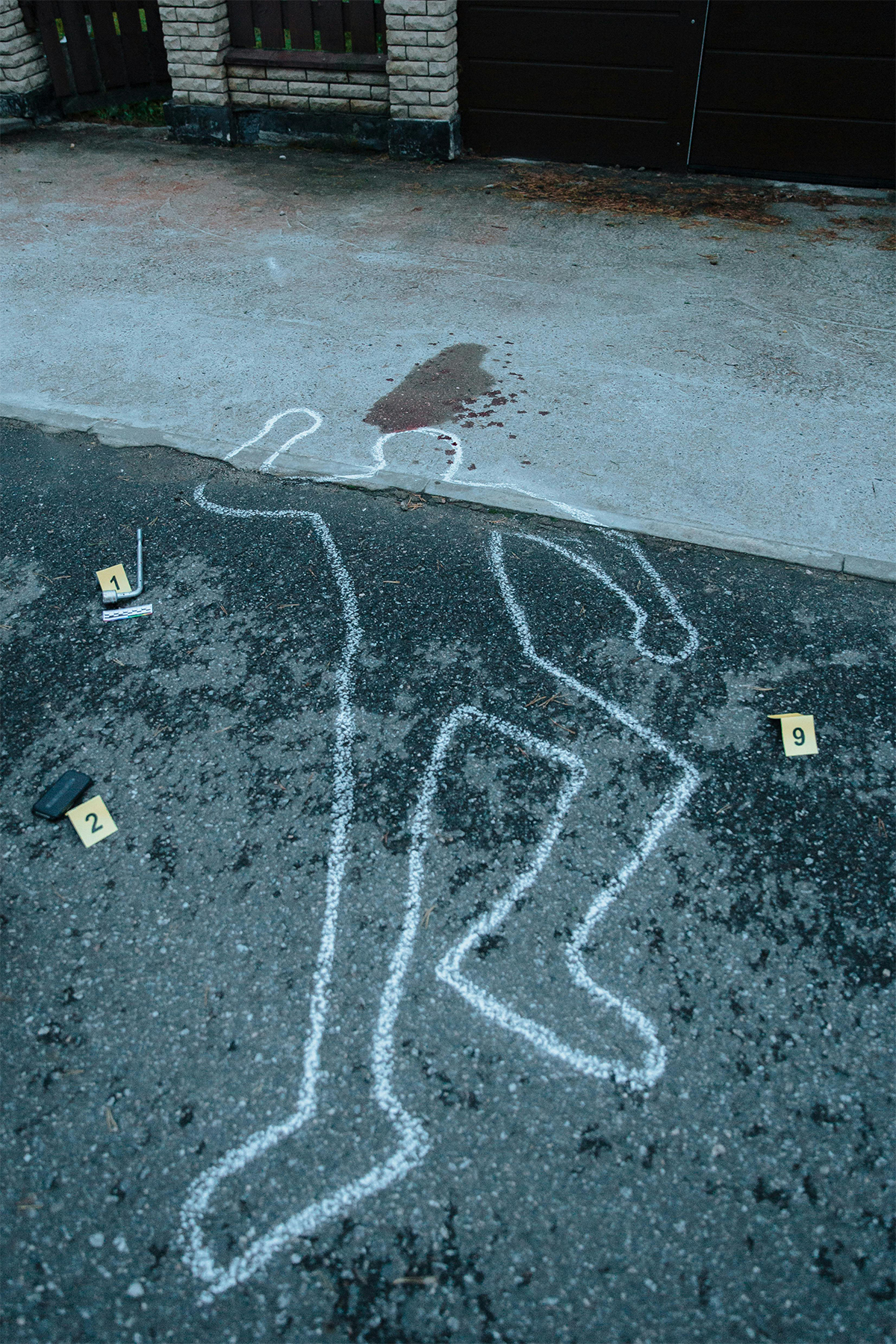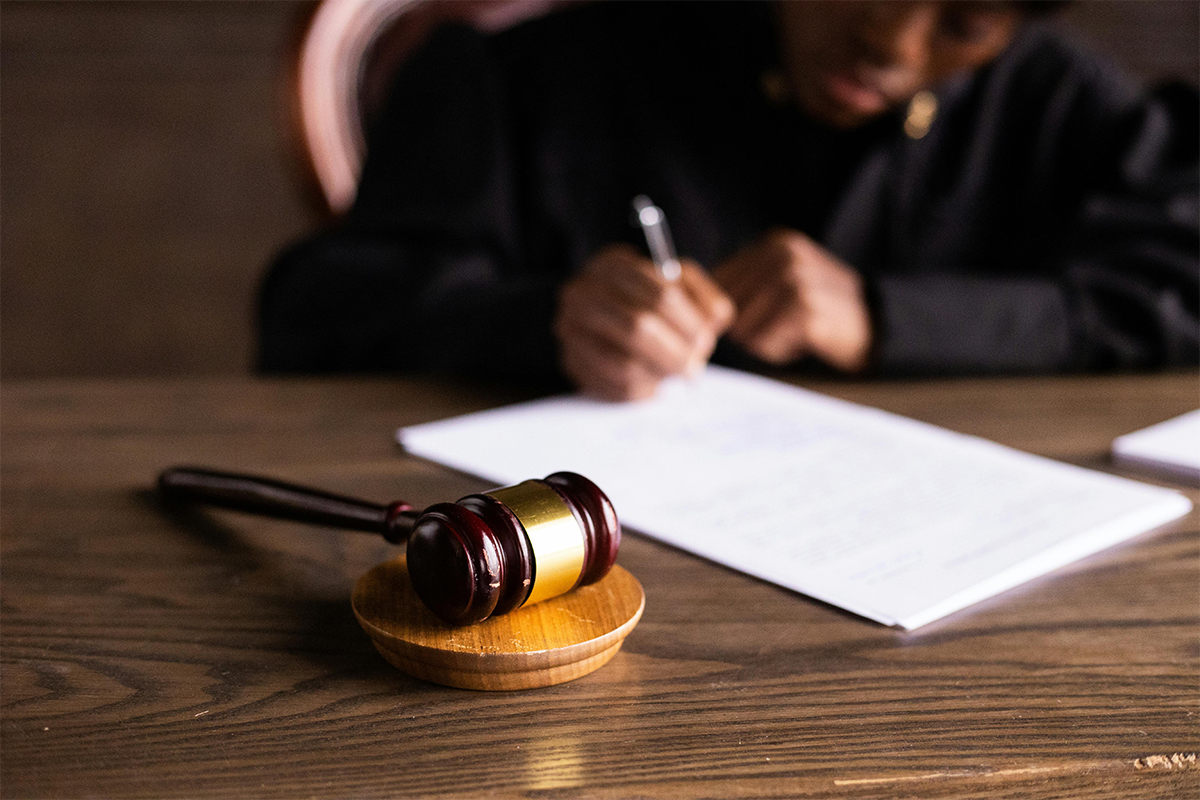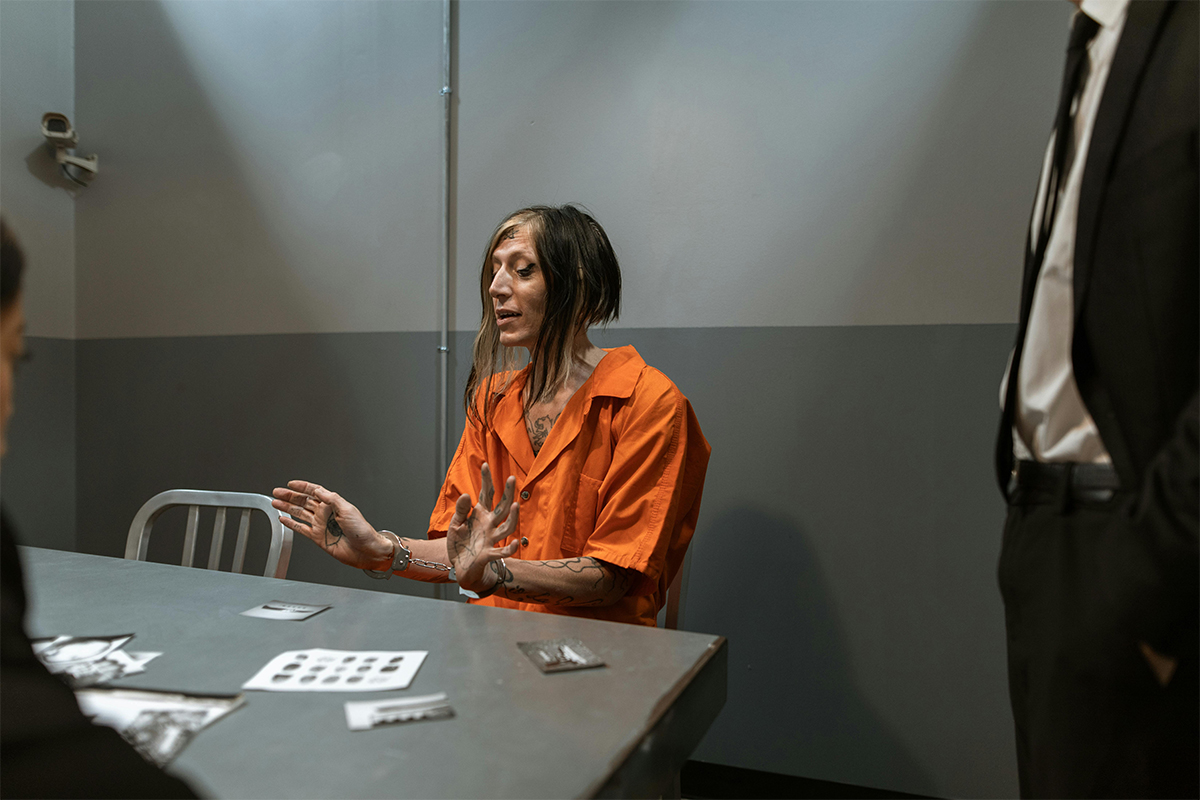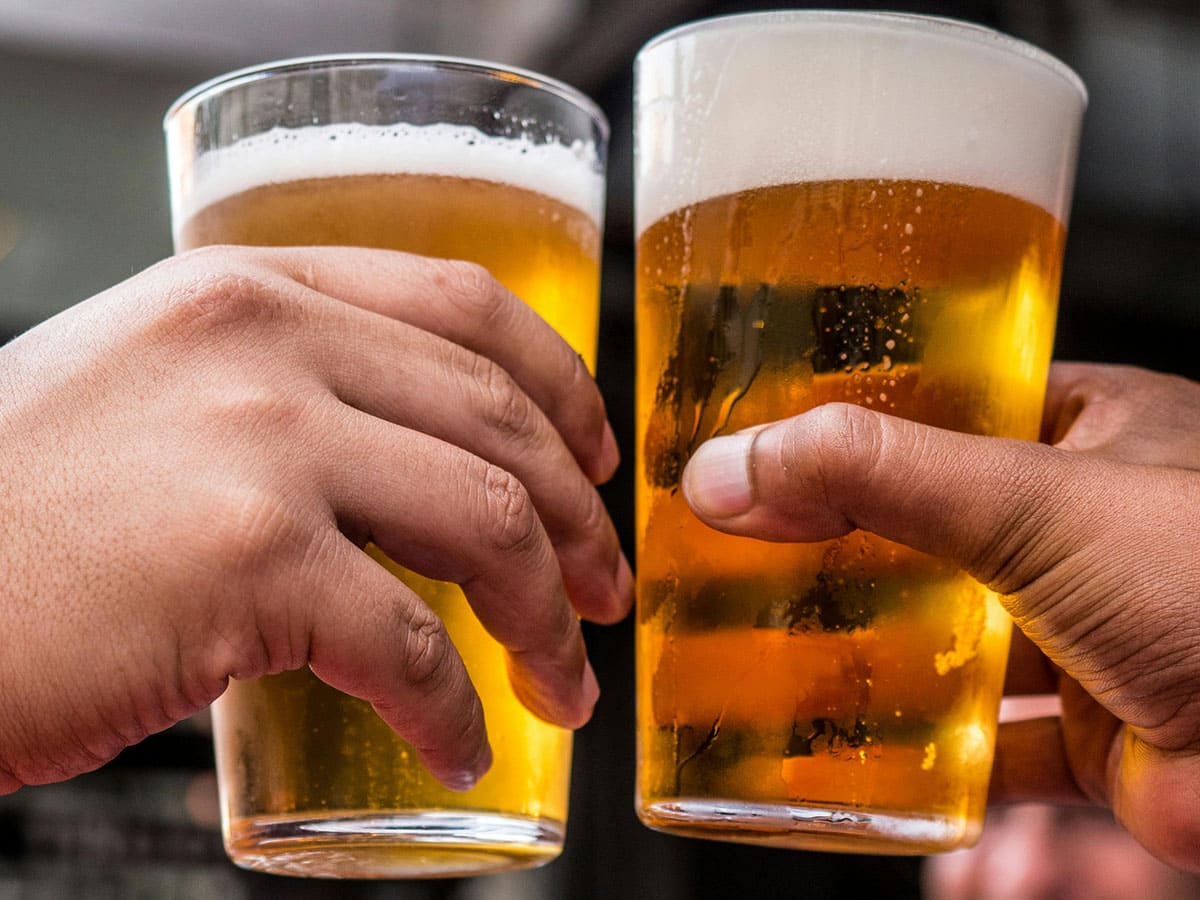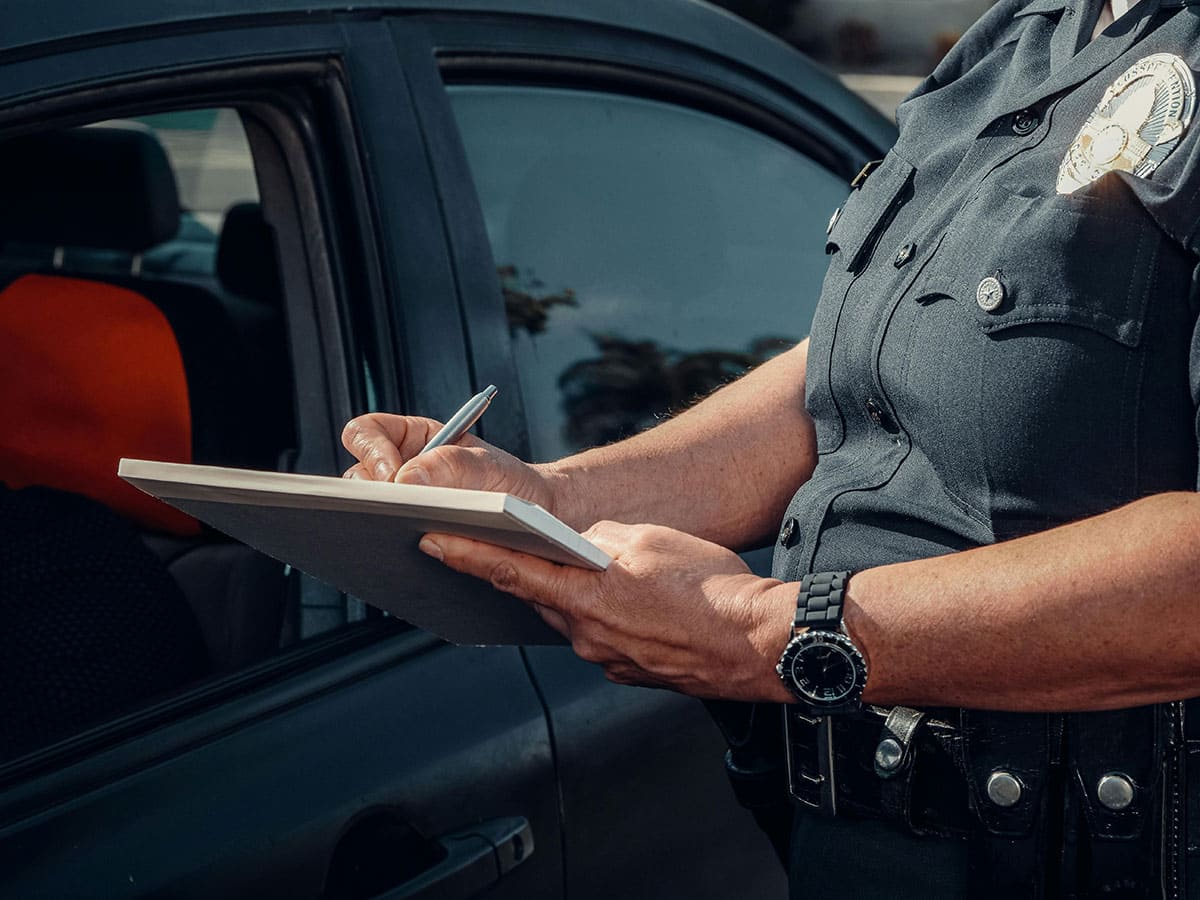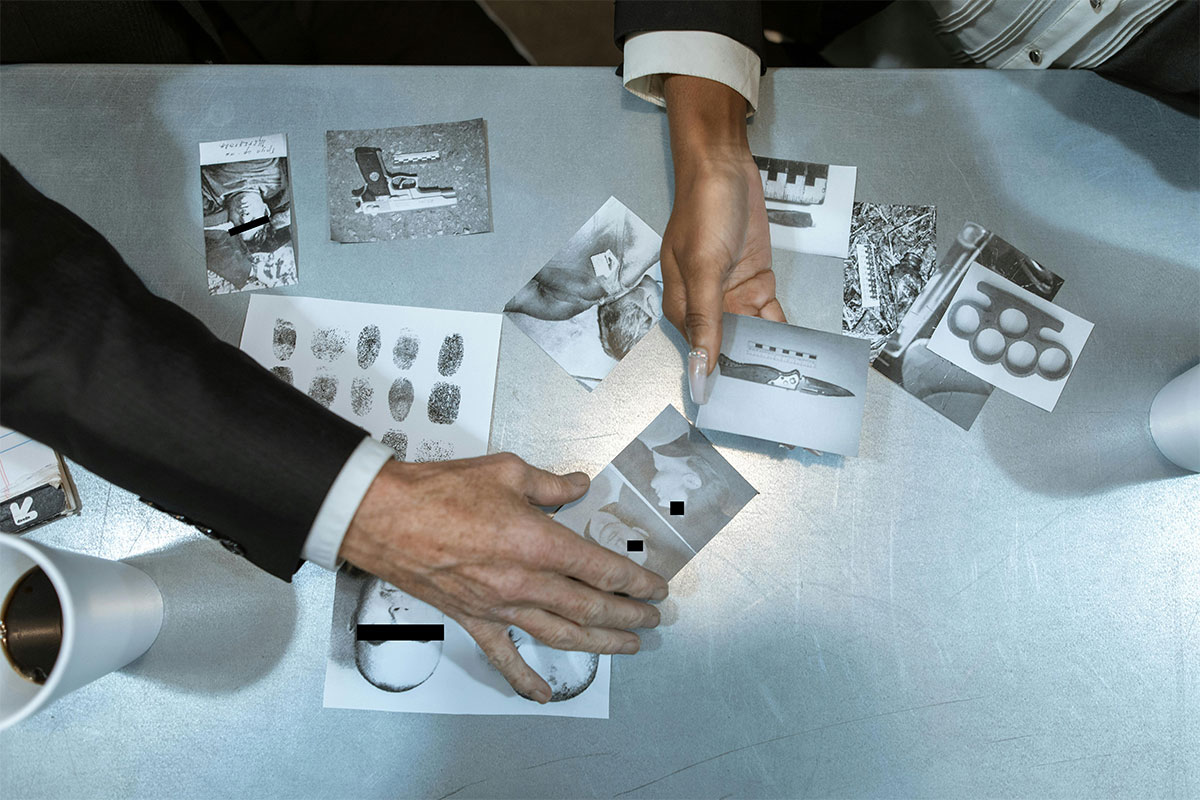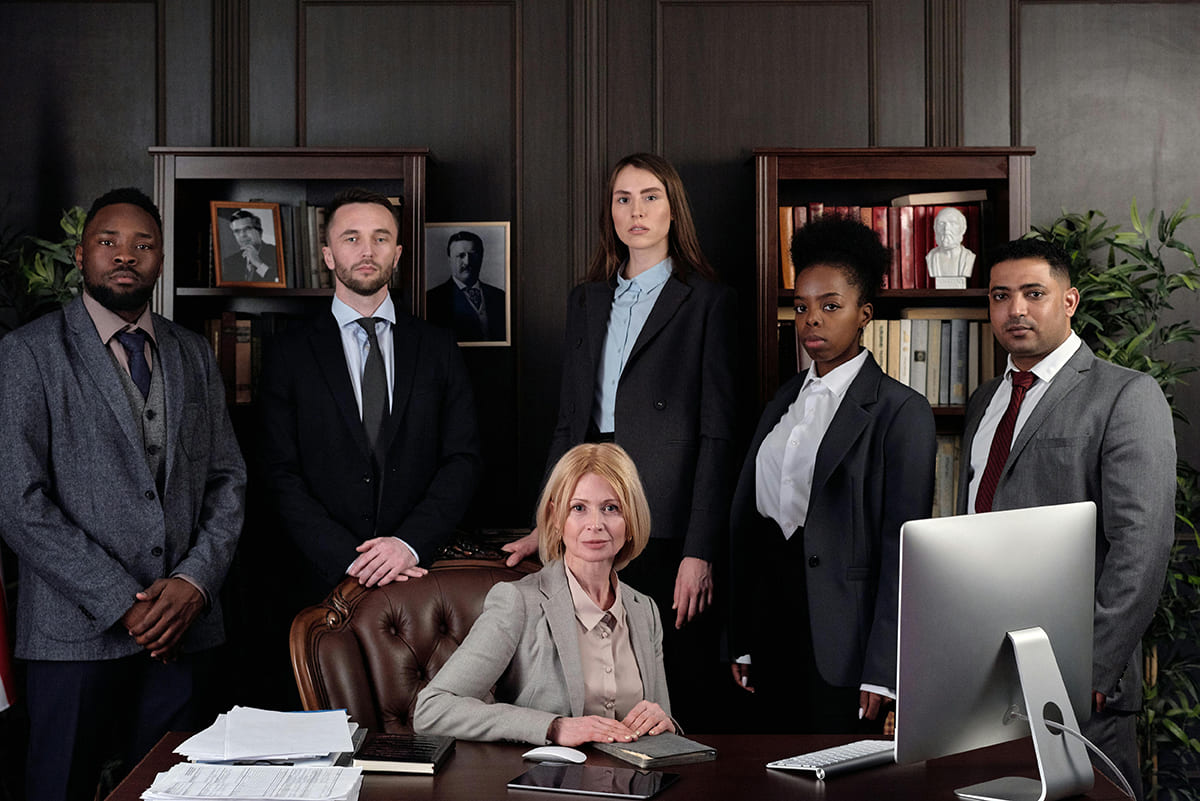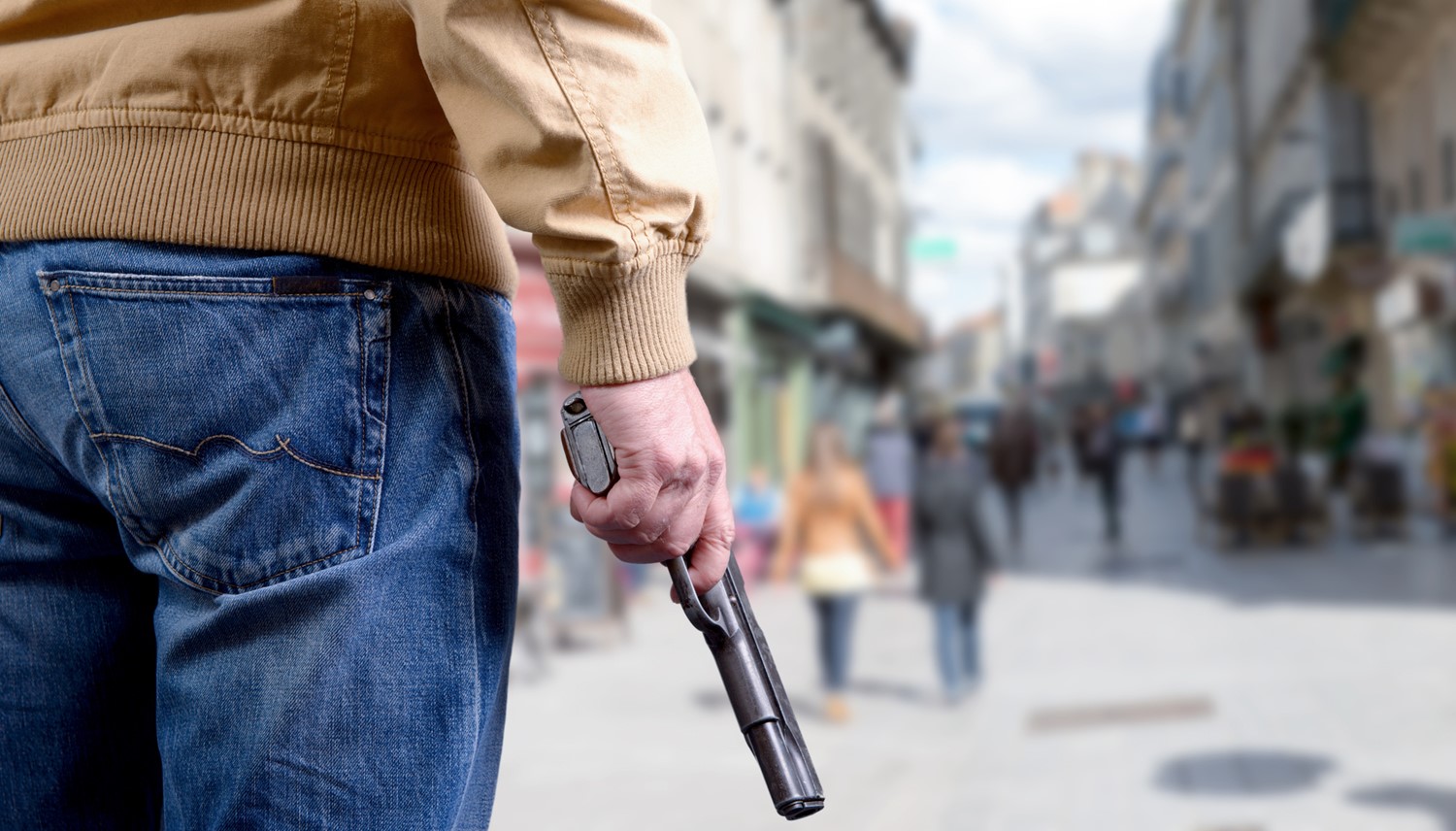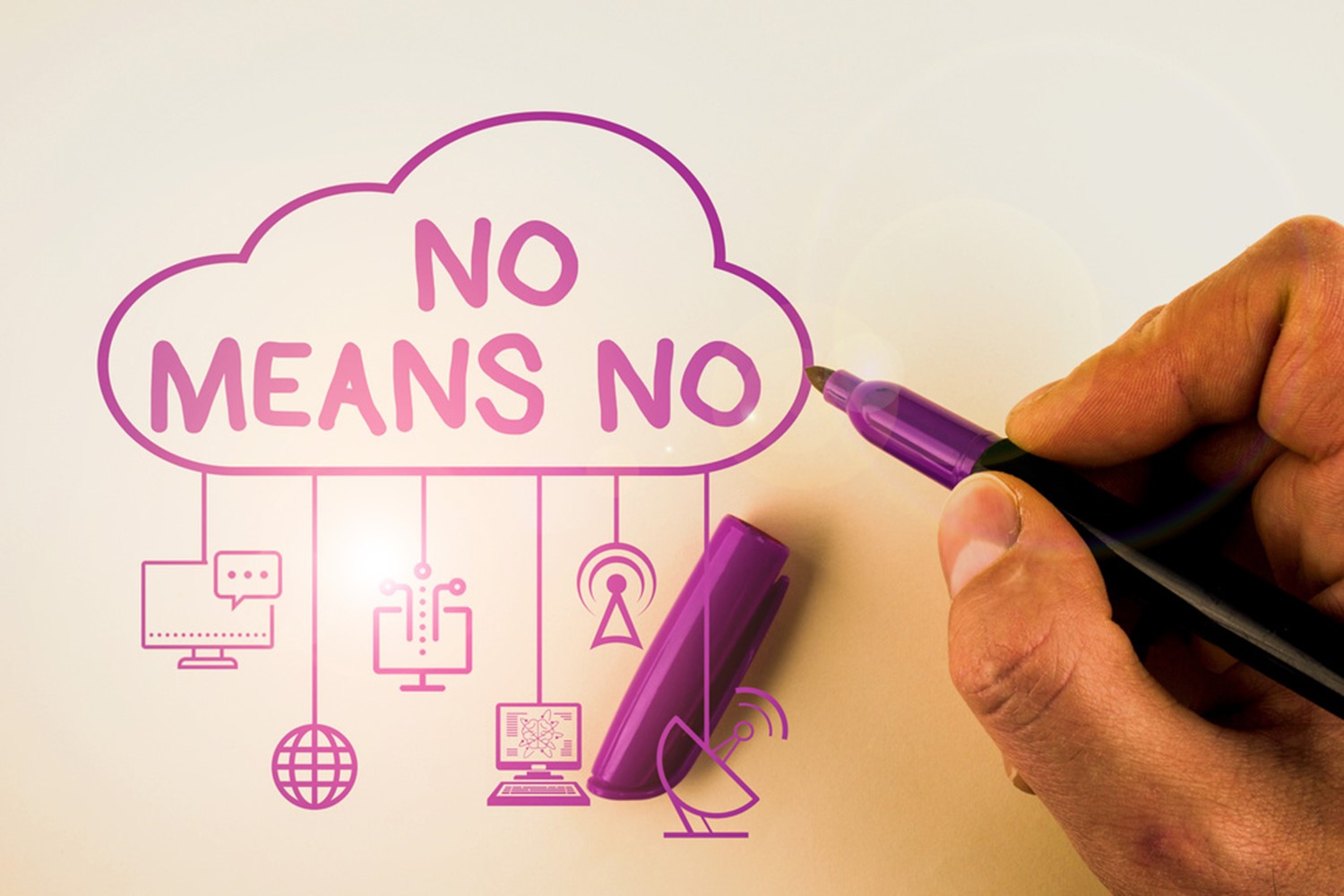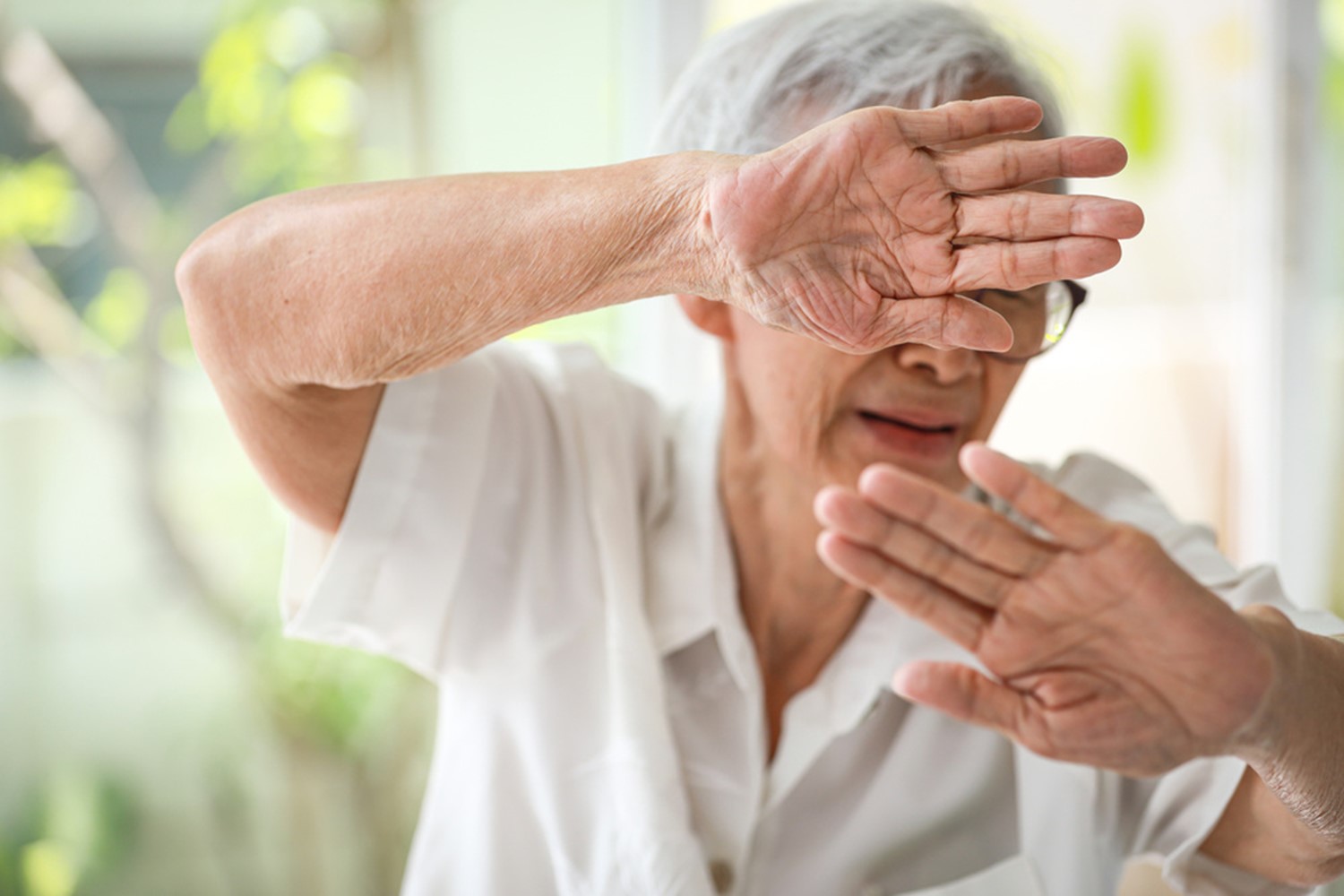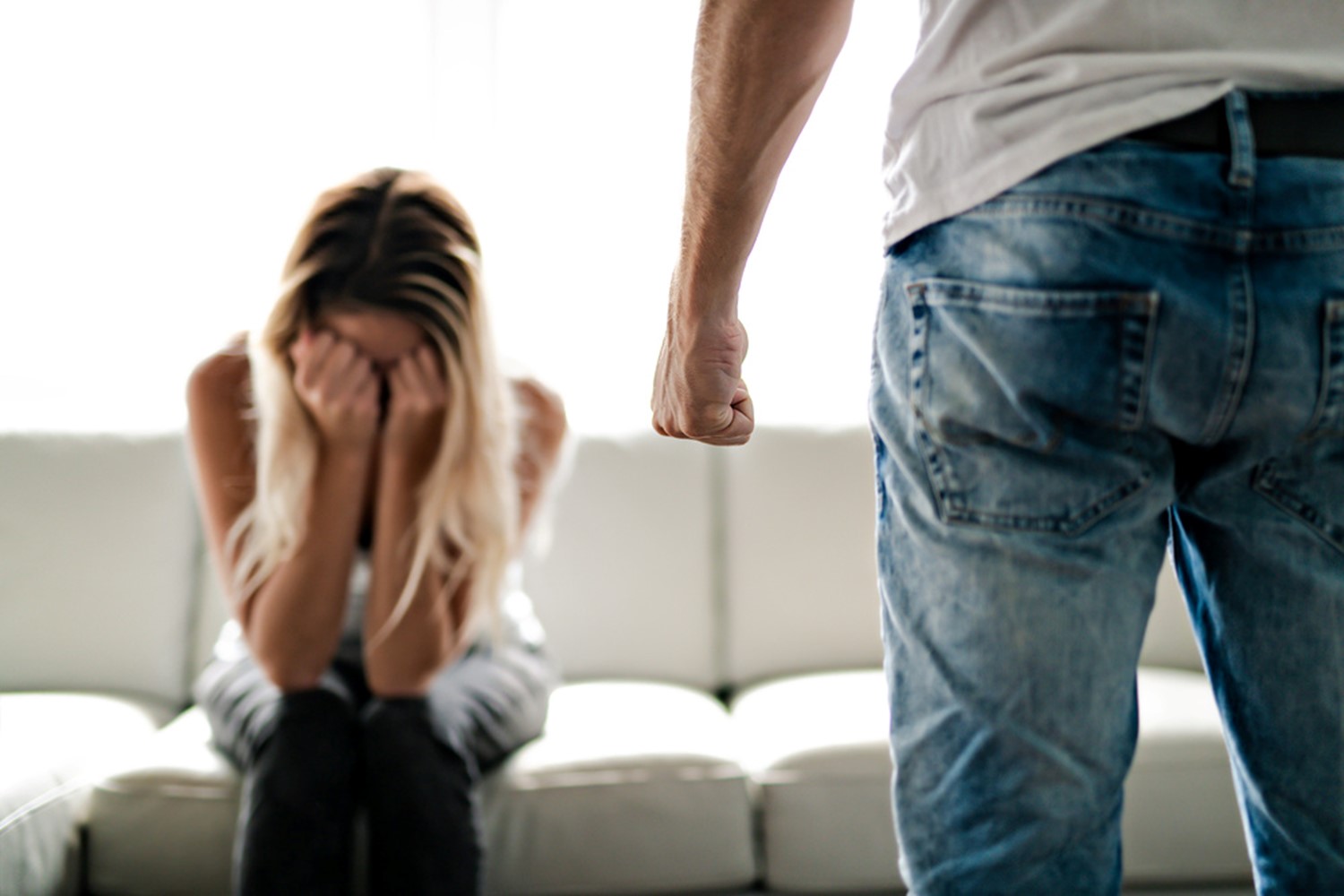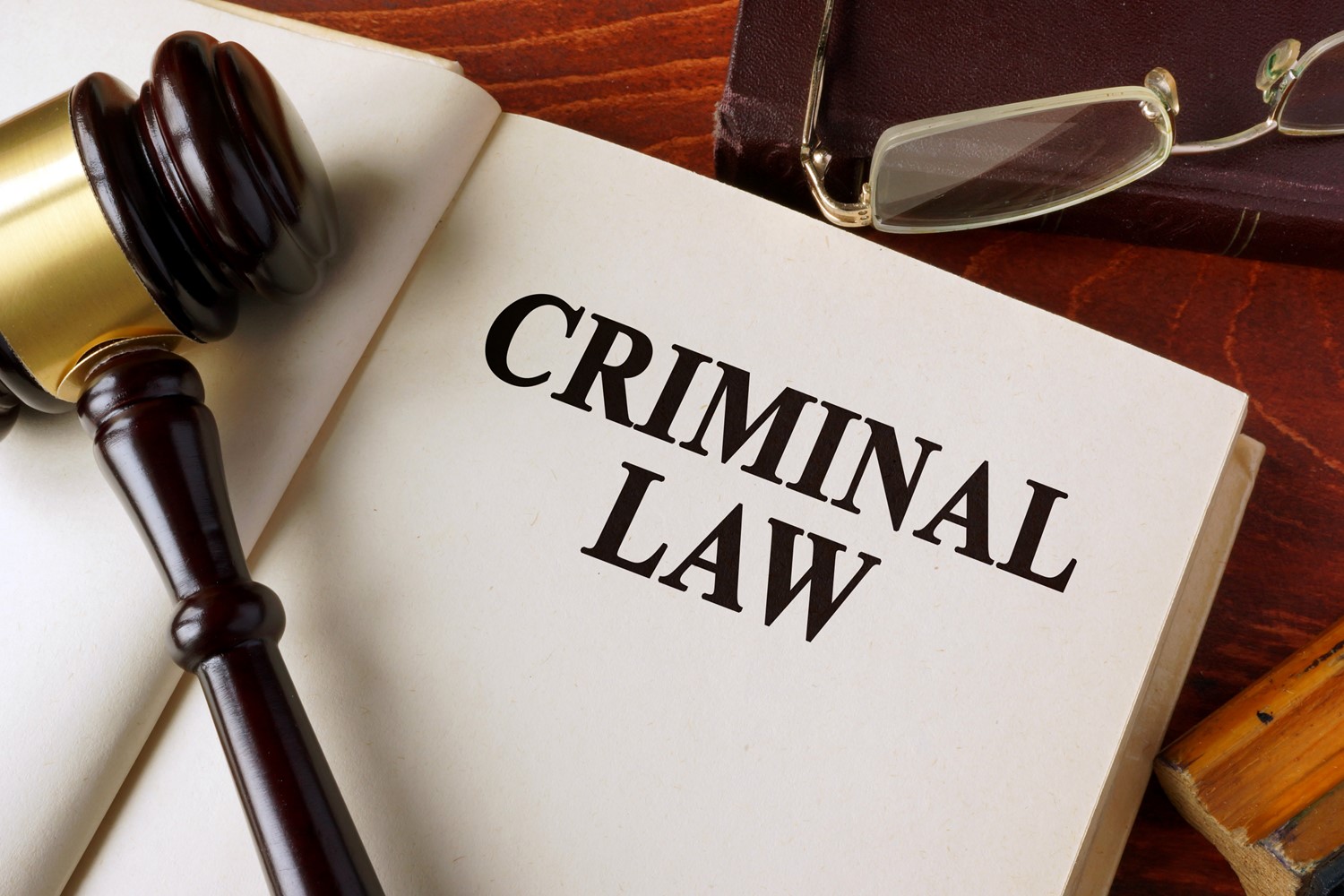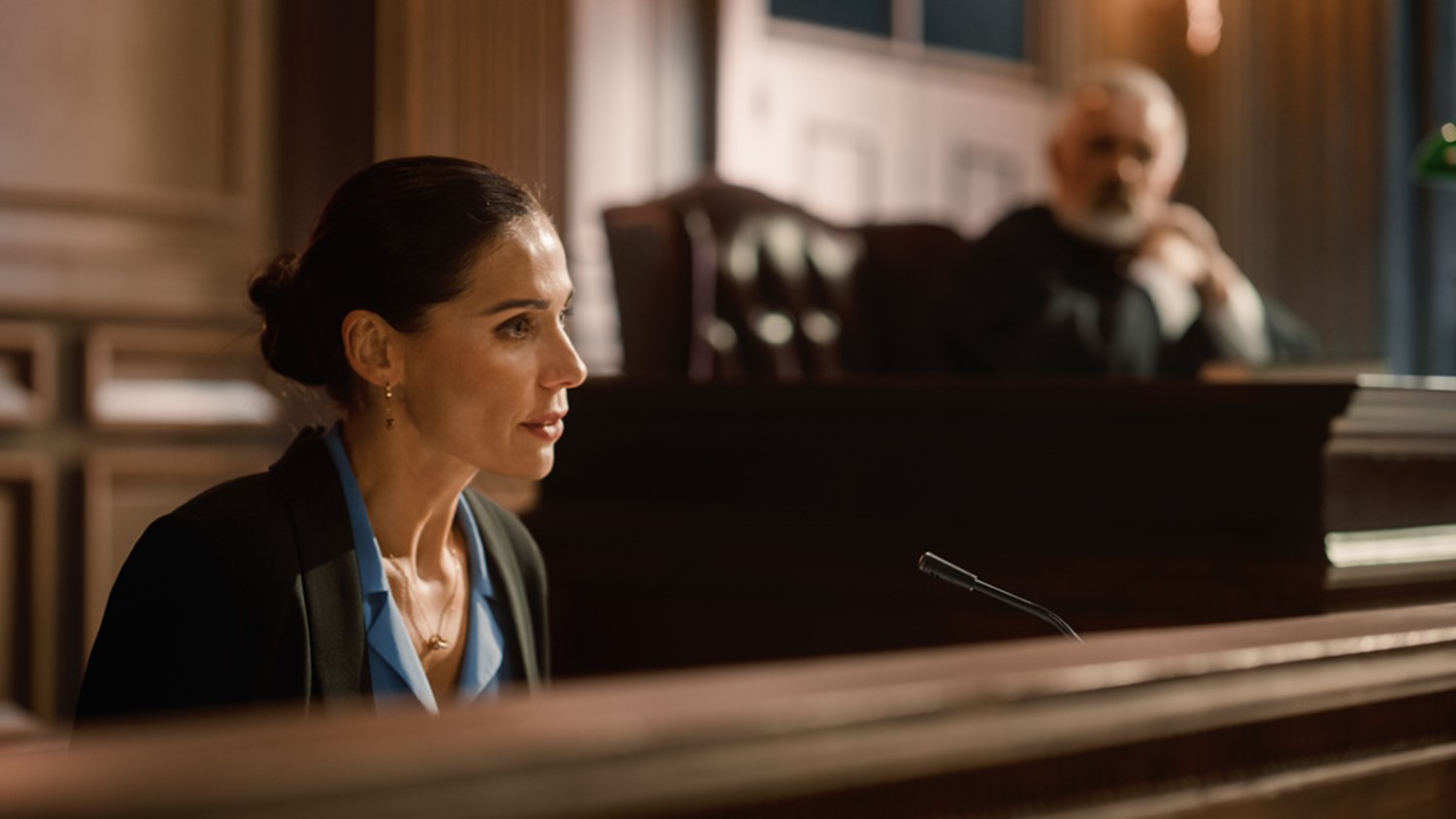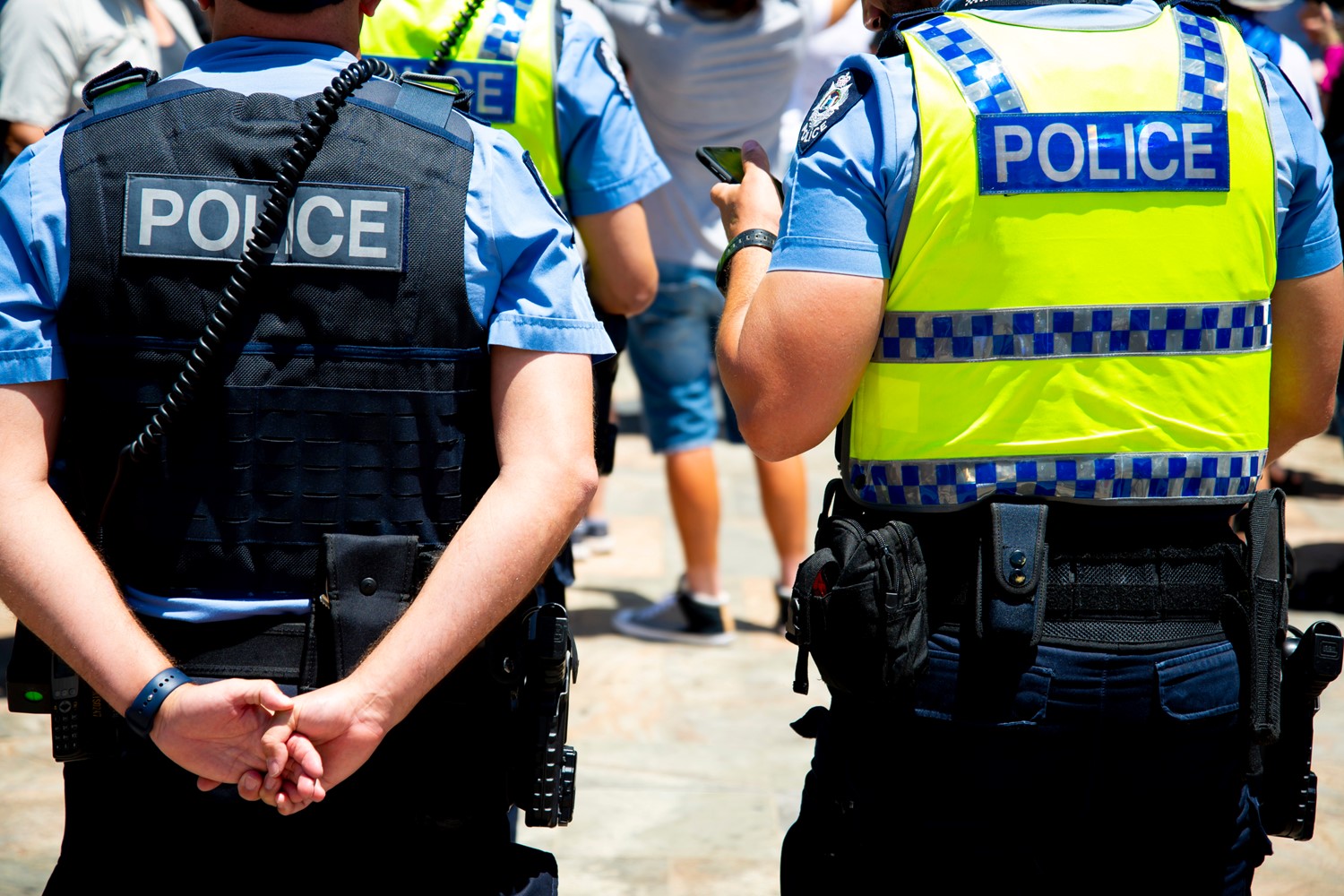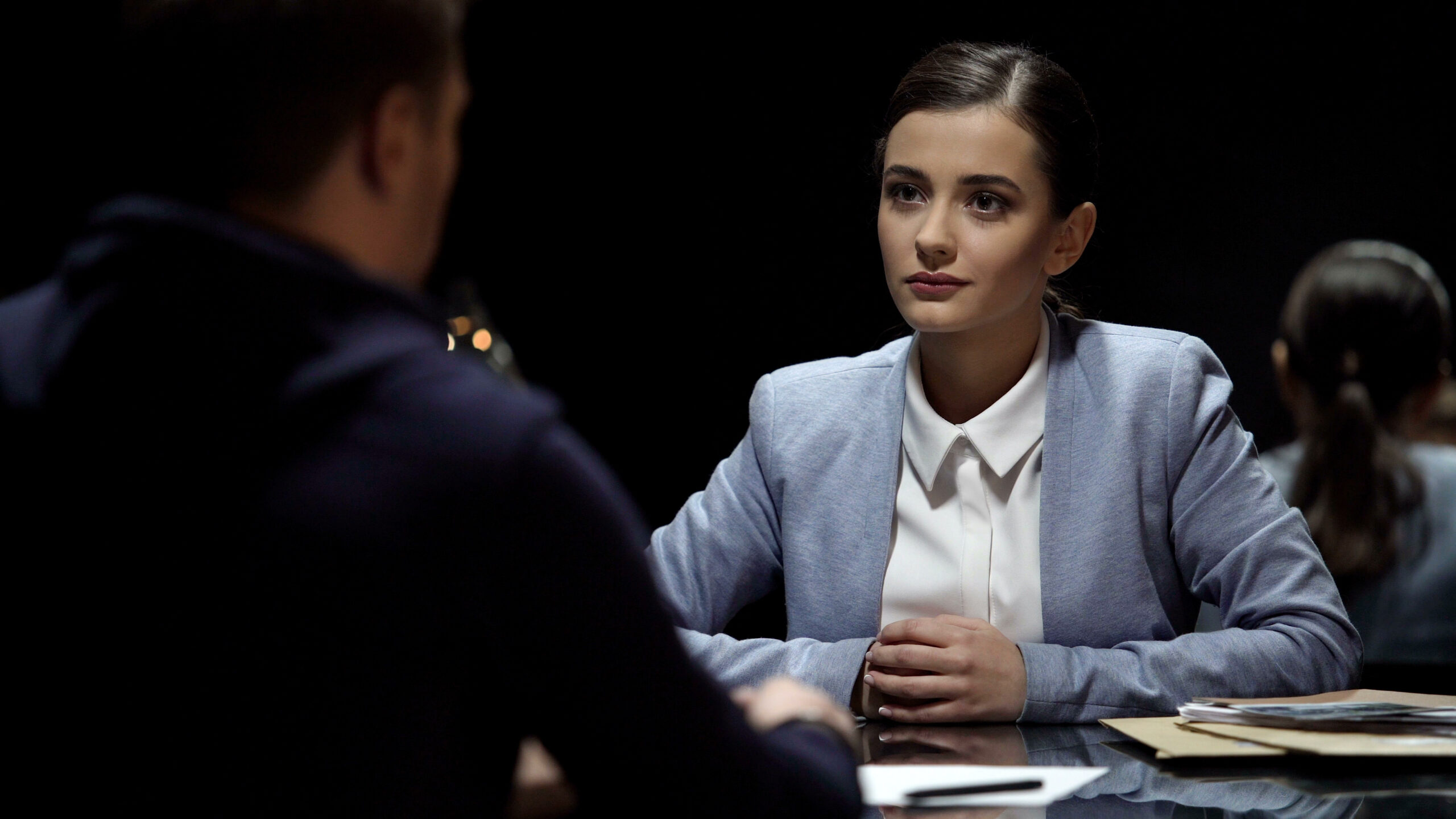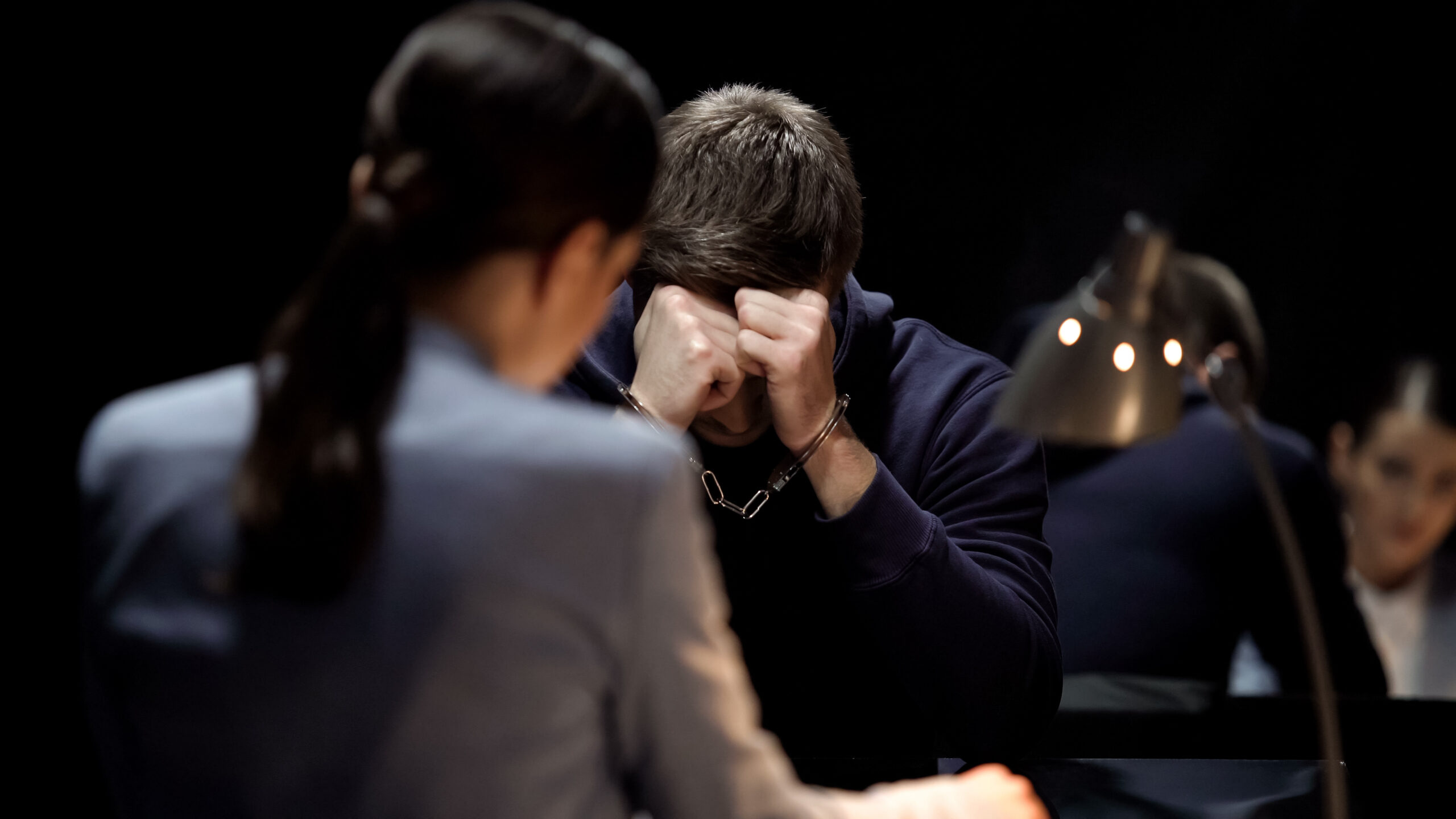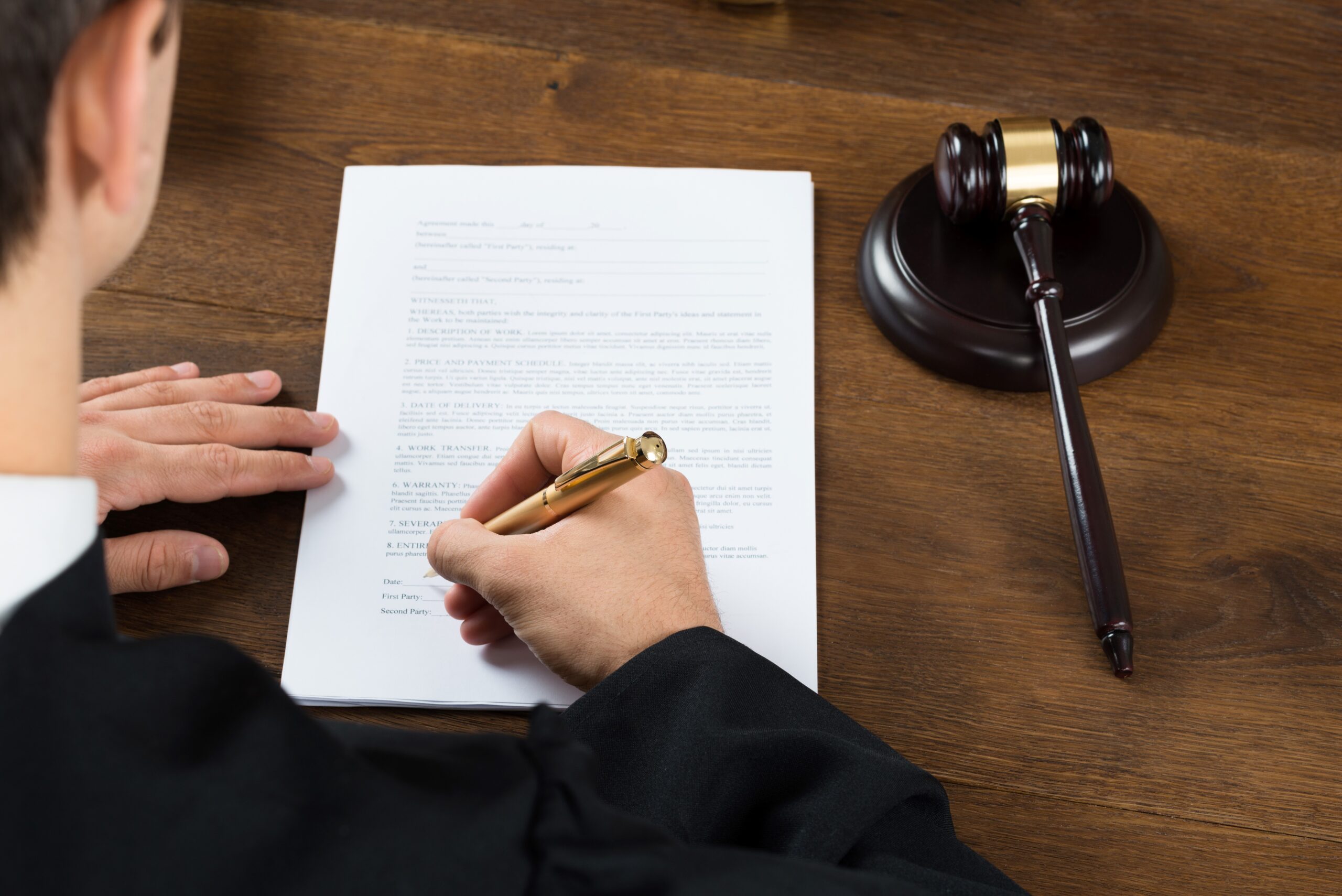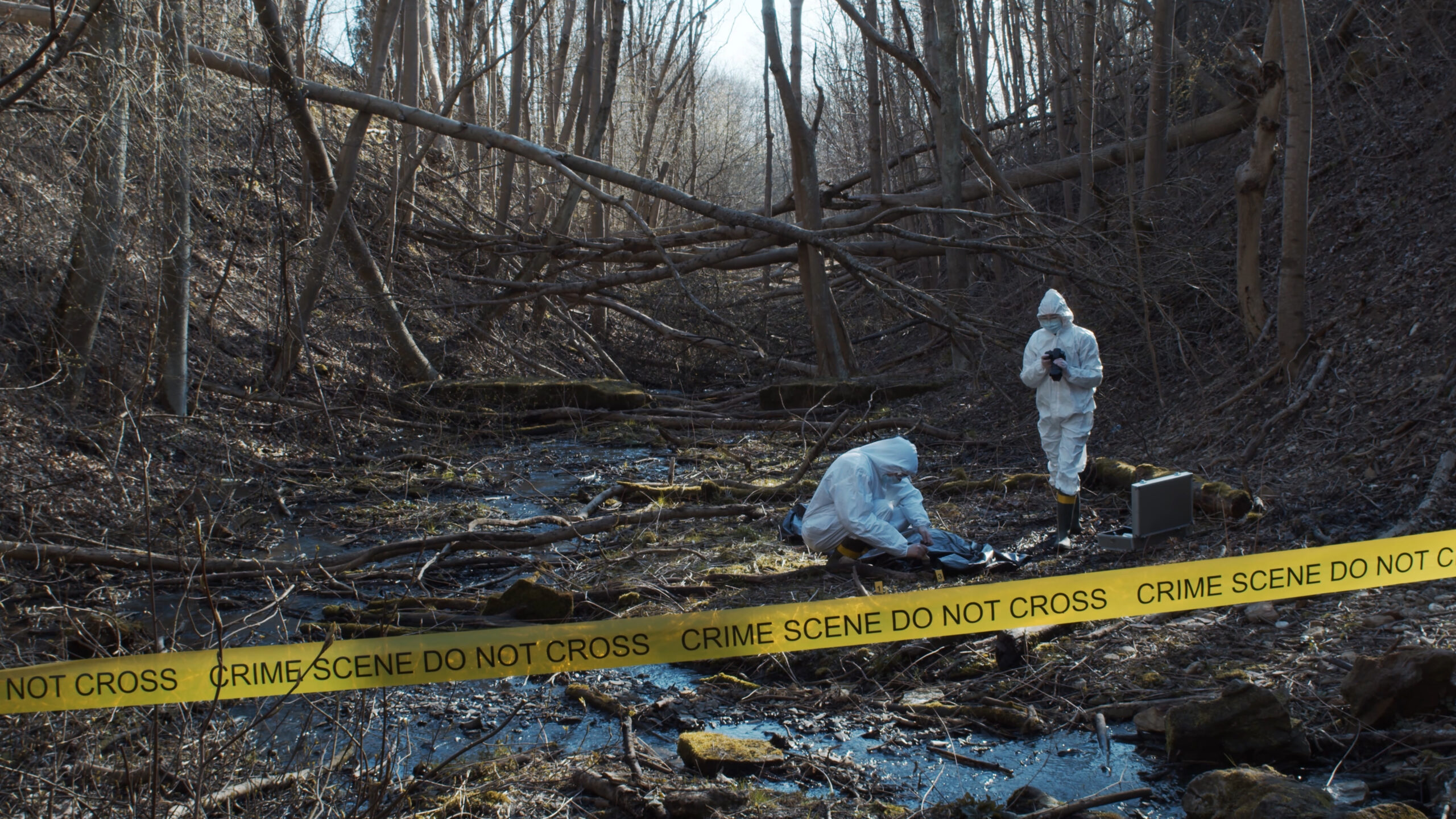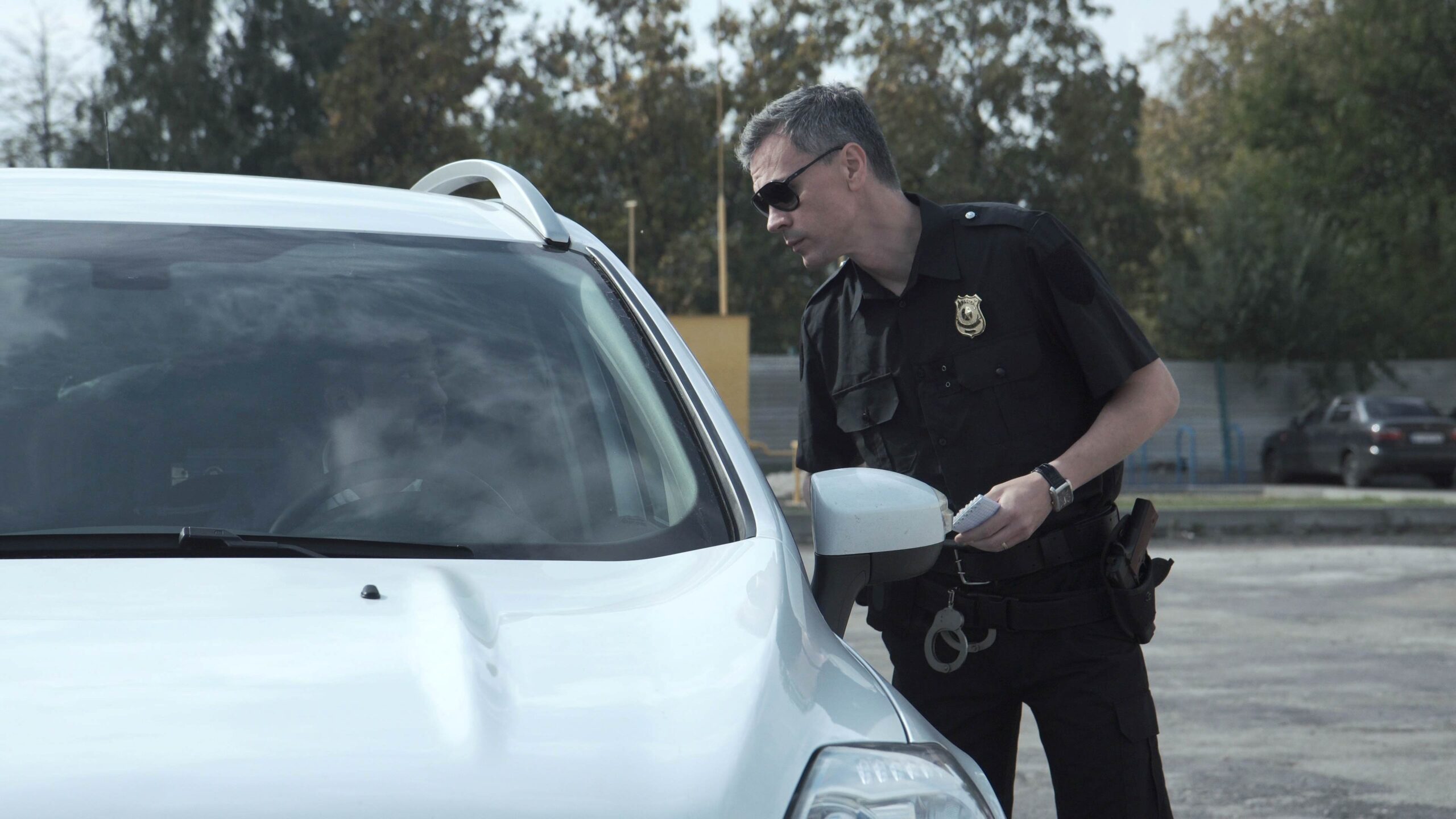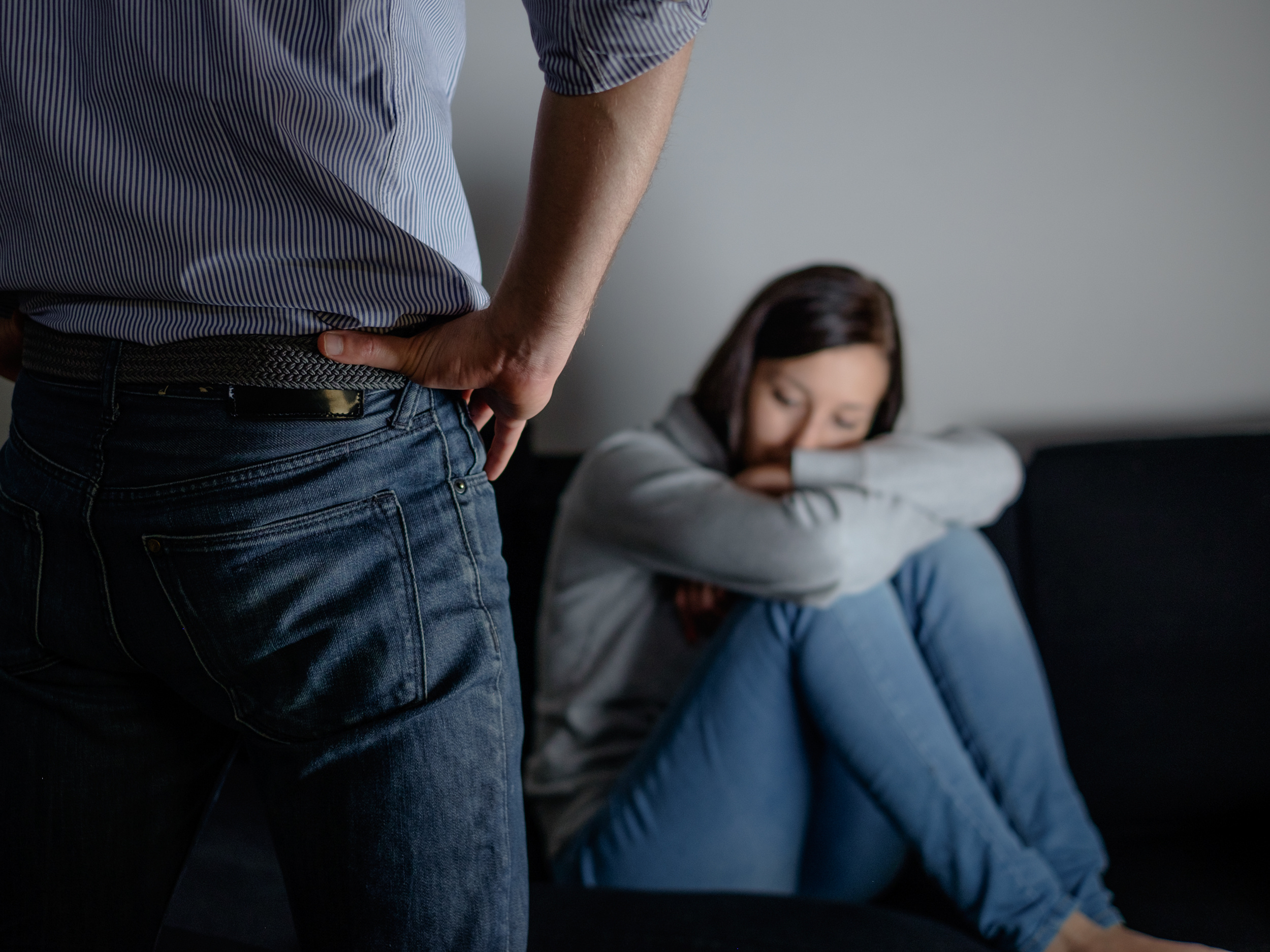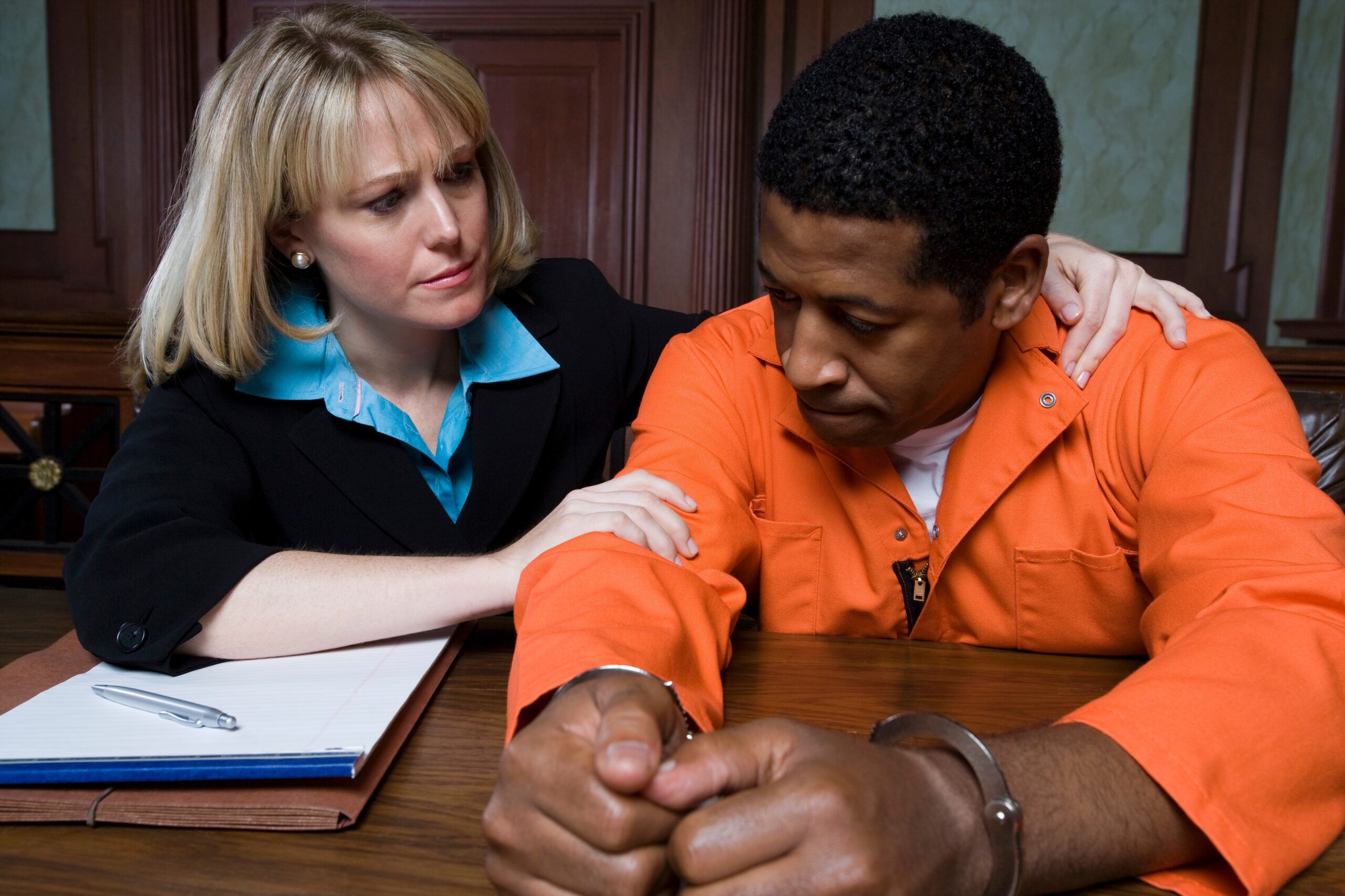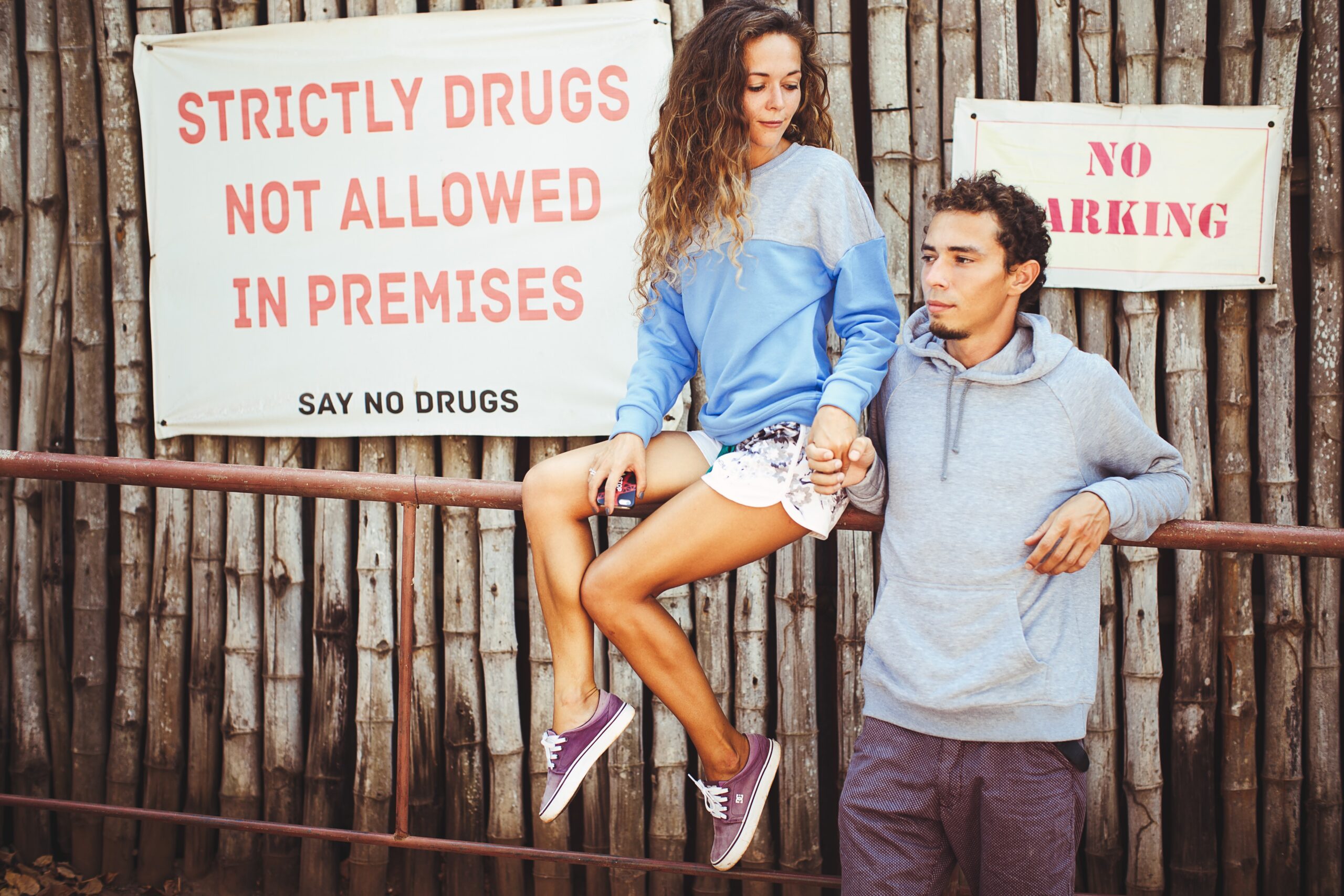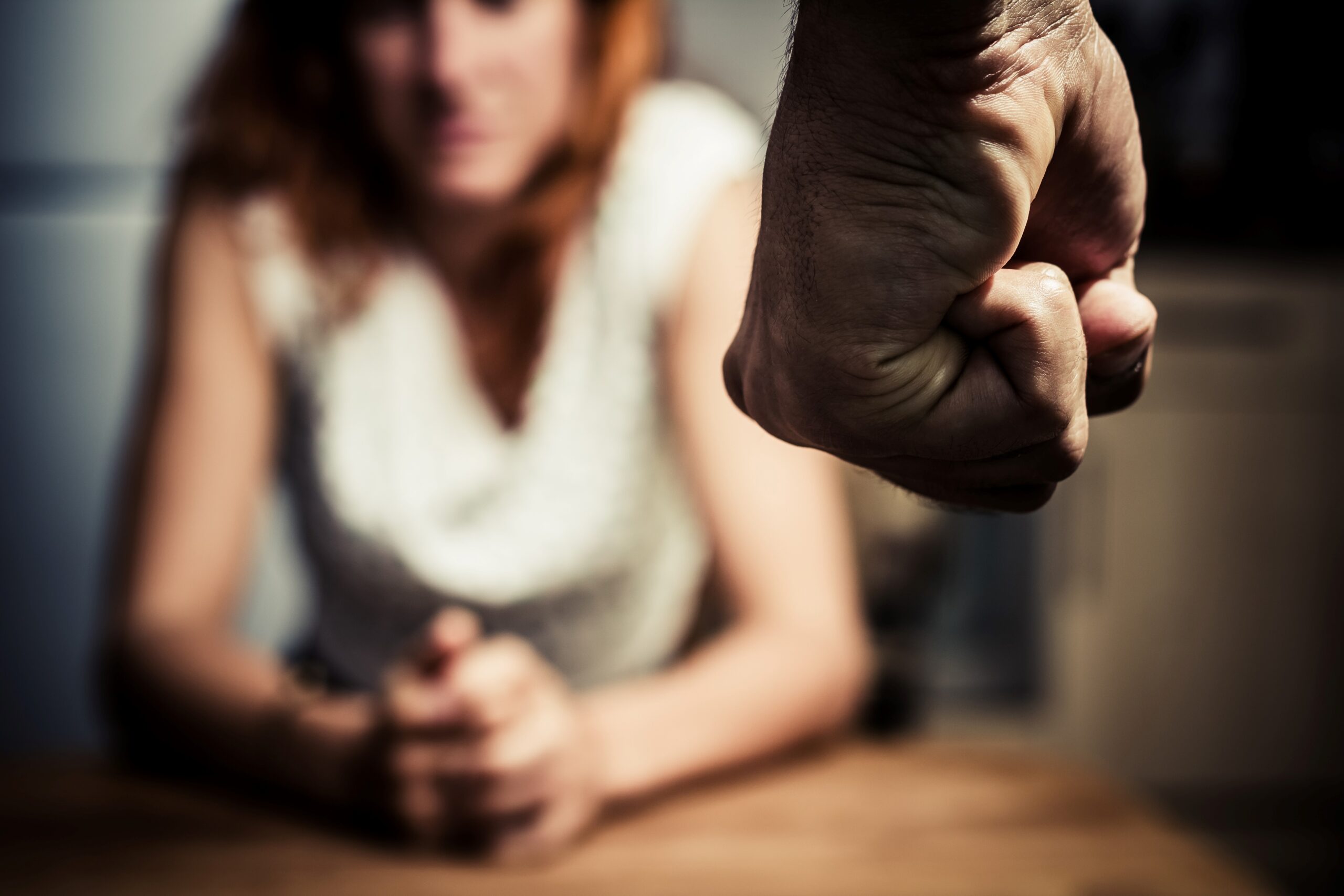Key Takeaways
- In NSW, the age of criminal responsibility is 10, and the principle of doli incapax applies to children aged 10 to 13.
- There are strong arguments for raising the age of criminal responsibility to 14, which would align with international standards and acknowledge the developing brains of young children.
- Raising the age could lead to reduced incarceration rates for children, increased focus on rehabilitation, and improved long-term outcomes for young offenders.
Table of Contents
Age Of Criminal Responsibility NSW
The age of criminal responsibility is the minimum age at which a young individual is held responsible and accountable for criminal offences against the justice system. Hence, children under the age of 10 can’t be charged with a criminal offence as they are believed to be below the age of maturity and do not have the ability to understand the consequences of their actions.
The legal principle of doli incapax applies to children aged 10 to 13. This principle states that children within this age range cannot understand the consequences of their actions. When an individual reaches the age of 14, they are considered able to determine the consequences of their actions and will be held responsible. However, these cases would be tried as juveniles and given more lenient sentencing.
For certain states and jurisdictions, the legal age of criminal responsibility is 10 years of age. This means children aged 10 and above may be held criminally responsible under the law. However, doli incapax can be applied, and the prosecution must prove that the child understood the consequences of their actions. It is important to understand the legal threshold for reasons such as legal boundary, child development, societal impact, human rights, community safety, and the age of criminal responsibility.
What Is Doli Incapax
Doli incapax assumes that a child between the ages of 10 and 14 does not have the means or capacity to form criminal intent. From a legal standpoint, children cannot distinguish between right and wrong. Hence, they cannot be held responsible for their actions unless it is proven that they have the capacity to do so.
Doli incapax can be rebutted if the prosecution can show the burden of proving beyond a reasonable doubt that the child was able to tell that they committed a crime. In NSW, it is stated that a child under the age of 10 is not guilty of an offence. As for children aged 10 to 14, doli incapax can be applied, and it is the prosecution’s job to disprove the case.
How Does It Relate To Criminal Responsibility
Doli incapax is the presumption that children between the ages of 10 and 14 are unable to commit heinous crimes and do not have the intent to do so. The design is to protect children as they do not know the seriousness of their actions and thus protect them from the full force of the criminal justice system. Doli incapax can be rebutted by the prosecution if they believe that the child was able to commit these crimes and it was morally wrong.
The prosecution must provide evidence such as statements, admissions, and any prior criminal history. It can’t rely on the act itself; the evidence must be specific to the child and showcase that they understood morality at the time of the offence.
The principle of doli incapax is important for protecting young children because it recognises their vulnerability, focuses on rehabilitation to protect their interests, balances rights and welfare, and understands that children need a different approach than adults.
Not sure about the minimum age of criminal responsibility?
Our team will guide you on the legal age of criminal responsibility.
Visit us today!
Why Are There Calls To Raise The Age Of Criminal Responsibility To 14 In NSW?
There are calls to raise the age of criminal responsibility to 14 in NSW because it is believed that children are being criminalised and that it is better to ensure they are supported rather than incarcerated. Scientific arguments state that a child’s brain continues to develop into adolescence in areas such as reasoning, impulse control, and understanding consequences. This indicates that children under 14 can’t discern the severity of their actions. Medical science believes that prosecuting a child around the age of 10 is not in line with the understanding of childhood capacity.
Campaigns such as “Raise the Age” focuses on objectives such as:
- Increasing public awareness of the implications of prosecuting at the current age.
- Collaborating with organisations, human rights groups, unions, and advocates.
- Raising the age of criminal responsibility to align with the United Nations committee on issues regarding children’s rights.
Australia is behind many countries in advocating for a higher criminal conviction age. The UN on the Rights of the Child has requested that countries gradually increase the minimum age of conviction to 14 years or older. At present, Australia can imprison children aged 10 and older, which has been criticised for breaching international human rights laws or standards.
What Are The Potential Societal Impacts Of Raising The Age
Raising the criminal age may have long-term societal impacts on children and youths involved in the justice system. These outcomes may range from fewer children being implicated by the criminal justice system to enhanced support for child rehabilitation, enabling them to be reintroduced into society, a reduction in the rate of reoffending, and better long-term outcomes.
The controversial aspects are:
- Rising rates of youth crime, which punitive approaches may not effectively address.
- Ensuring community safety and rehabilitation with a particularly compassionate approach. However, some states are considering increasing the age to 12 or 14.
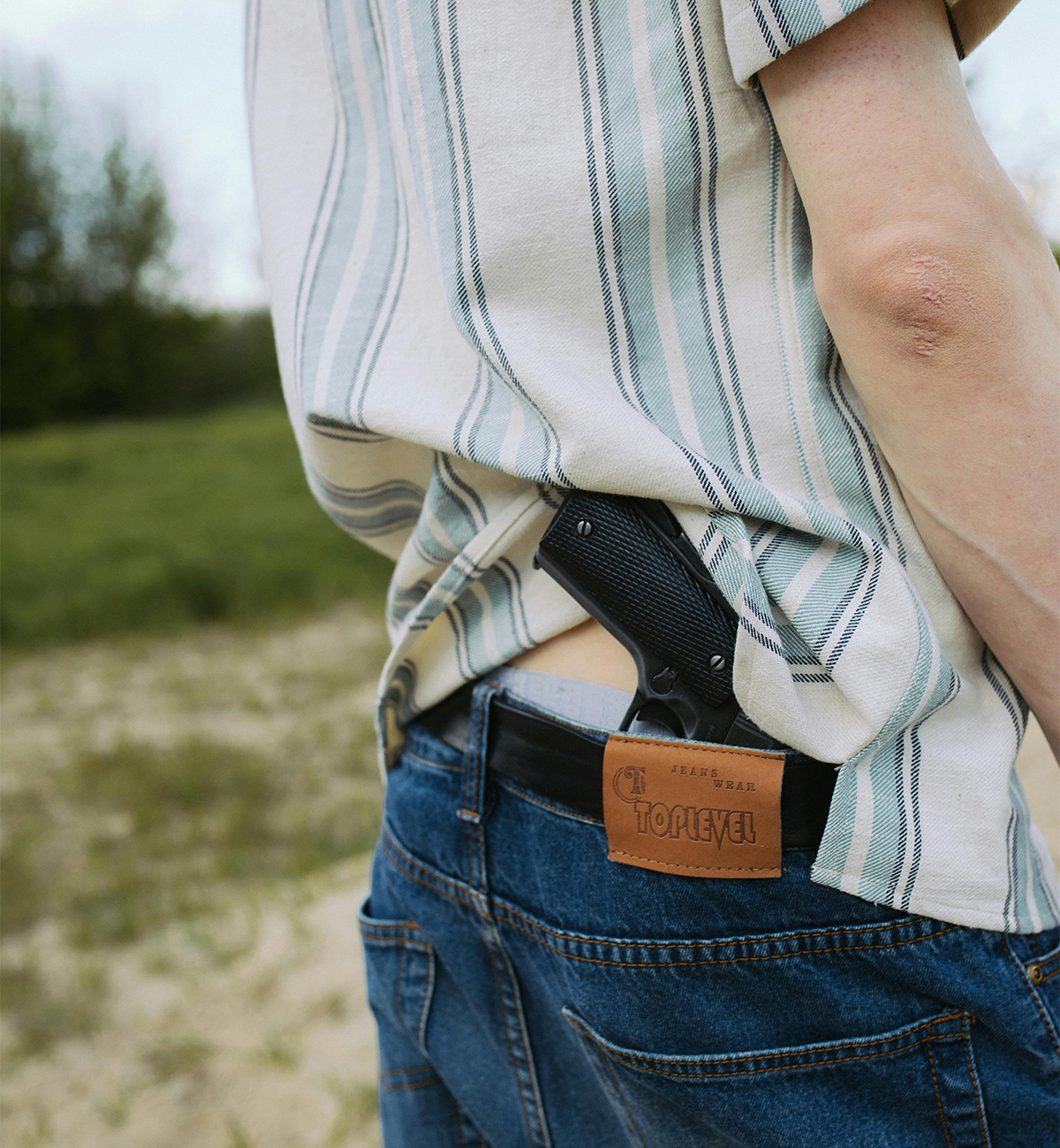
Legal Impacts Of Raising The Criminal Responsibility Age In NSW
Raising the age of criminal responsibility in NSW from 10 to 14 may affect the juvenile justice system. The main effect would be reducing the number of children entering the system. Moreover, children aged 10 to 14 who are facing doli incapax cannot be held responsible unless there is proof beyond reasonable doubt that they knew the consequences of their actions.
The implications for the justice system are:
- Fewer children would be incarcerated and would receive social, psychological, and rehabilitative support.
- Shift from punishment to prevention and rehabilitation. Children would be sent to community service and support programmes focused on addressing issues such as trauma, poverty, or lack of family support.
- A new framework for handling cases of children no longer subject to crimes would be developed.
Criminal Law Group can help prevent cases involving the criminal justice system and help your child or children receive the support they need. Rather than experiencing the harsh reality of the justice system, it also provides a more compassionate juvenile justice system. It is also important to determine how to prepare for consultation at a criminal law firm and to understand a guide to finding the best Sydney defence lawyers.
Our team is experienced in defending legal issues and considerations.
Criminal Law Group can help you understand the complexities surrounding the minimum age of criminal responsibility in NSW. We stay informed on legal developments and can provide valuable insights.
Schedule an appointment!
How Does NSW’s Age Of Criminal Responsibility Compare To Other States?
The age of criminal responsibility in NSW is similar to that of other states in terms of:
- Children under 10 cannot be charged with a criminal offence.
- Doli incapax is applied to children aged 10 to under 14. This means that a child aged 14 is deemed unfit to understand the difference between right and wrong.
- The maximum age of a child appearing in juvenile court is under the age of 18 in all areas.
The differences in criminal responsibilities between NSW and other states are:
- The age of criminal responsibility is 10, except in Tasmania and the ACT, where the thresholds are 8 and 7, respectively.
- NSW and possibly other states may raise the criminal responsibility to 14 to align with national and international conversations.
- A debate in NSW touches on justice reinvestment, which would ensure that the criminal justice system explores social programmes to support youth and prevent further criminal acts.
To summarise, though NSW’s legal age is currently 10 years, it is being considered to increase it to 14. This would allow the state to comply with current talks in the nation and eventually meet the UN’s request. Also, it is important to know the extent of the crime and what is a criminal lawyer and why do criminal lawyers defend criminals in this instance.
How Does The Age Of Criminal Responsibility Affect Families In NSW
The age of criminal responsibility in NSW is 10 years, and children in this age group and above can be charged, convicted, and incarcerated. This impacts families, especially if young children are involved. The impact can be emotional, financial, and social, and parents can experience guilt, anxiety, and stress as they try to manage the legal system. Moreover, this can cause family breakdowns, as the strain is overwhelming, and the stigma of having children involved in crimes can cause isolation and issues seeking support from the community.
Support mechanisms for these families include legal aid, counselling services, community programmes, and education and training to help children and families understand their rights and navigate the legal process. However, there are gaps in the support, such as limited resources, accessibility issues, a lack of coordination, and prioritising punishment over rehabilitation.
What is the approach towards criminal responsibility?
Is the current age of criminal responsibility appropriate in NSW? Our team will guide you about the legal issues surrounding this critical issue.
Book us now!
How Do NSW Schools Address The Issue Of Criminal Responsibility?
Schools in NSW play an important role in addressing the issue of criminal responsibility among children. Many programmes can help youths through their education and early intervention, such as:
- Police work with high schools to reduce the rate of crime, violence, and anti-social behaviour.
- Programmes to provide jobs, mentoring, and vocational training for children and teenagers who are deemed to be at risk.
- Focusing on prevention, intervention, and partnership to enhance capabilities and strategies to reduce juvenile crime.
Partnerships that are designed to intervene early in at-risk children’s lives by working with:
- Community organisations such as the National Crime Prevention Council.
- The NSW Police are working with Youth Justice to reduce offending among young people.
- Supporting at-risk youth and helping them develop positive relationships with their communities.
NSW schools and their partners aim to prevent youth crime by providing education and early intervention programmes and helping young people develop into responsible and law-abiding citizens. These initiatives recognise the importance of addressing the root causes of criminal behaviour and supporting at-risk children and their families.
How Does The Age Of Criminal Responsibility Impact Indigenous Children?
The age of criminal responsibility impacts Indigenous children, which has been set at the age of 10. This has caused over-policing and over-incarceration of Aboriginal and Torres Strait Islander children. It is believed that First Nations children represent 50% of youth who are incarcerated, despite being a smaller segment of the overall youth population. This disparity is heightened by the fact that Indigenous children are 20 times more likely to be incarcerated compared to non-Indigenous children.
There needs to be a change for the criminal responsibility to be raised to 14 years old, as requested by the UN Committee on the Rights of the Child. Sadly, this request has faced pushback from certain states and territories, and thus there needs to be a change within the human rights and criminal justice systems amidst systemic racism.
Is your teen facing legal issues?
We are here to guide you and your children about criminal responsibility. We will help you navigate through the complex justice system in our country.
Stay informed now!
Challenges Of Managing Children Aged 10–14 In The Justice System
The challenges of managing children aged 10–14 are that they are still learning how to make decisions and understand what morality means. Children at this age are still learning about societal norms and expectations and the law. However, there are complexities in moral reasoning at this age as children are transitioning to a conventional level.
Alternatives to incarceration are complex and need different perspectives from various stakeholders. Non-punitive measures include restorative justice programmes, community-based orders, and diverse programmes. As for stakeholders’ perspectives, they focus on educators, legal experts, and psychologists.



